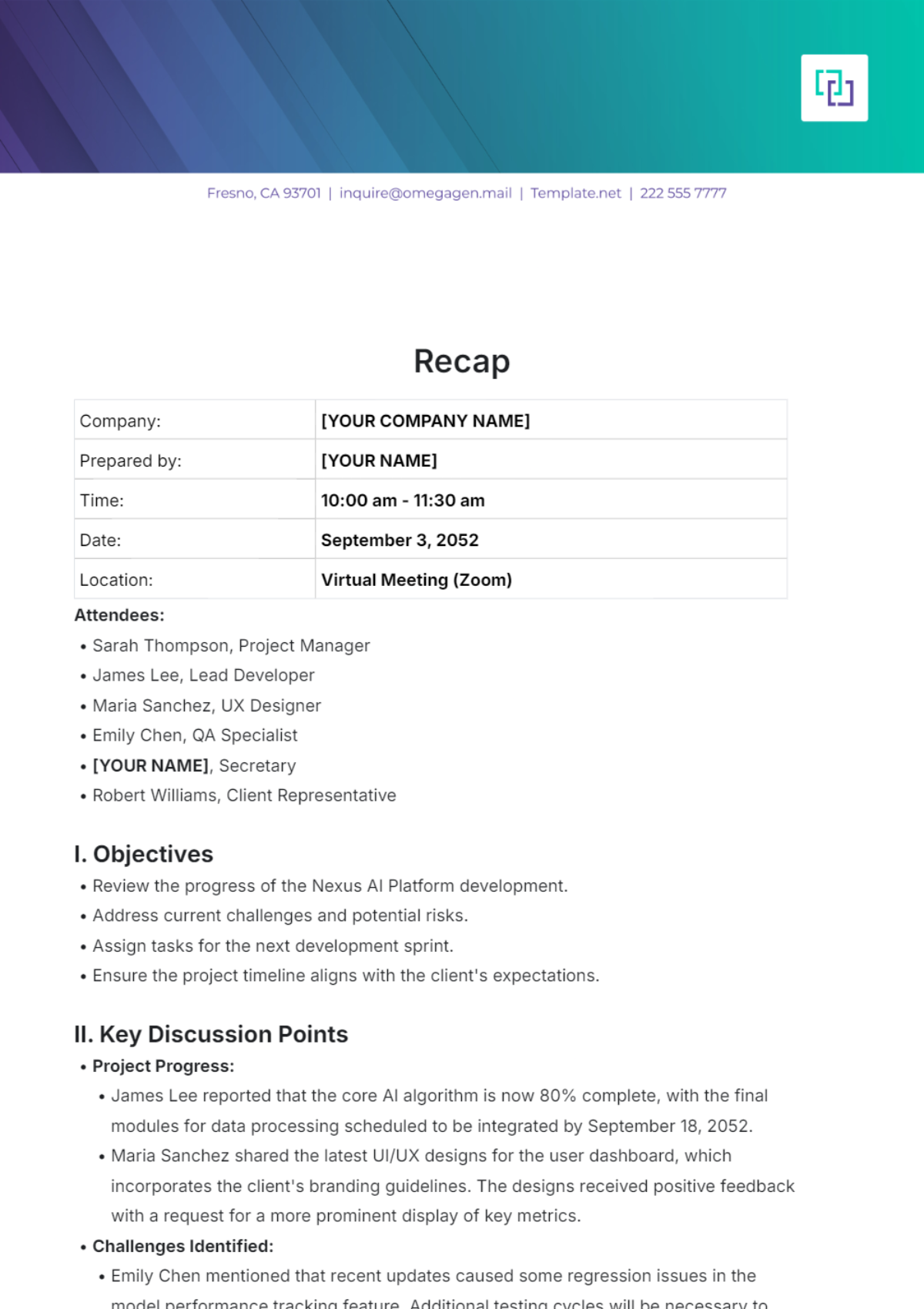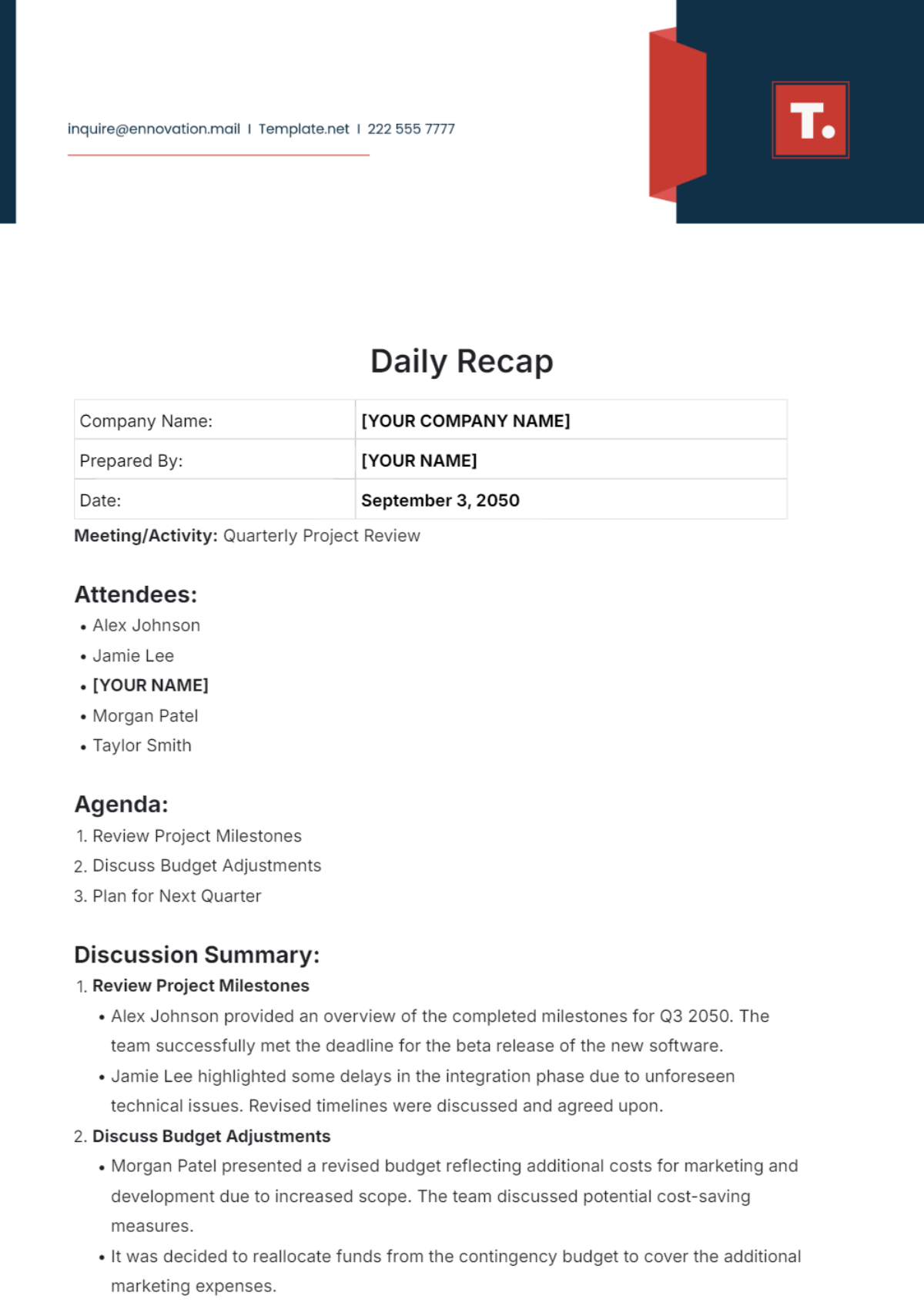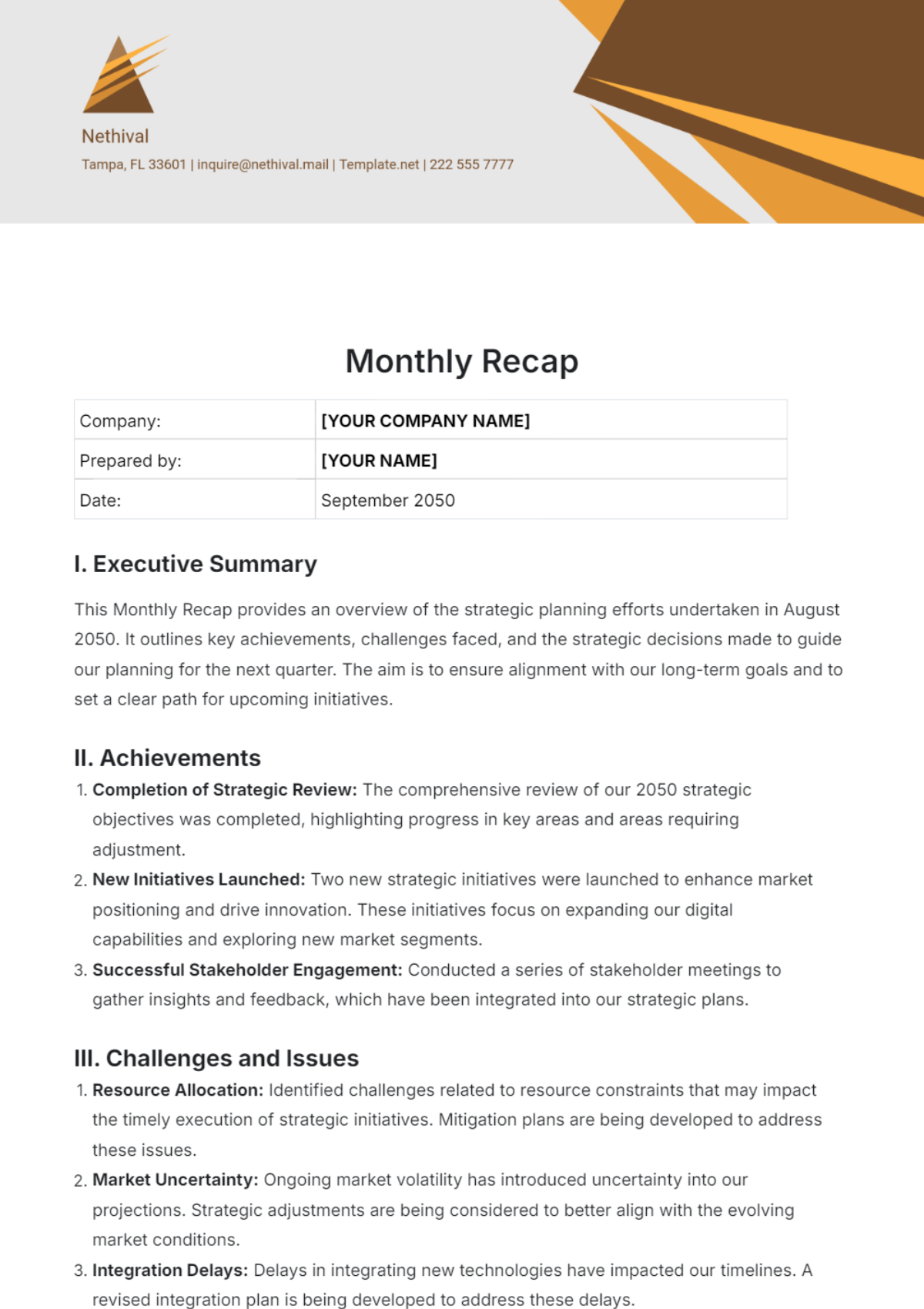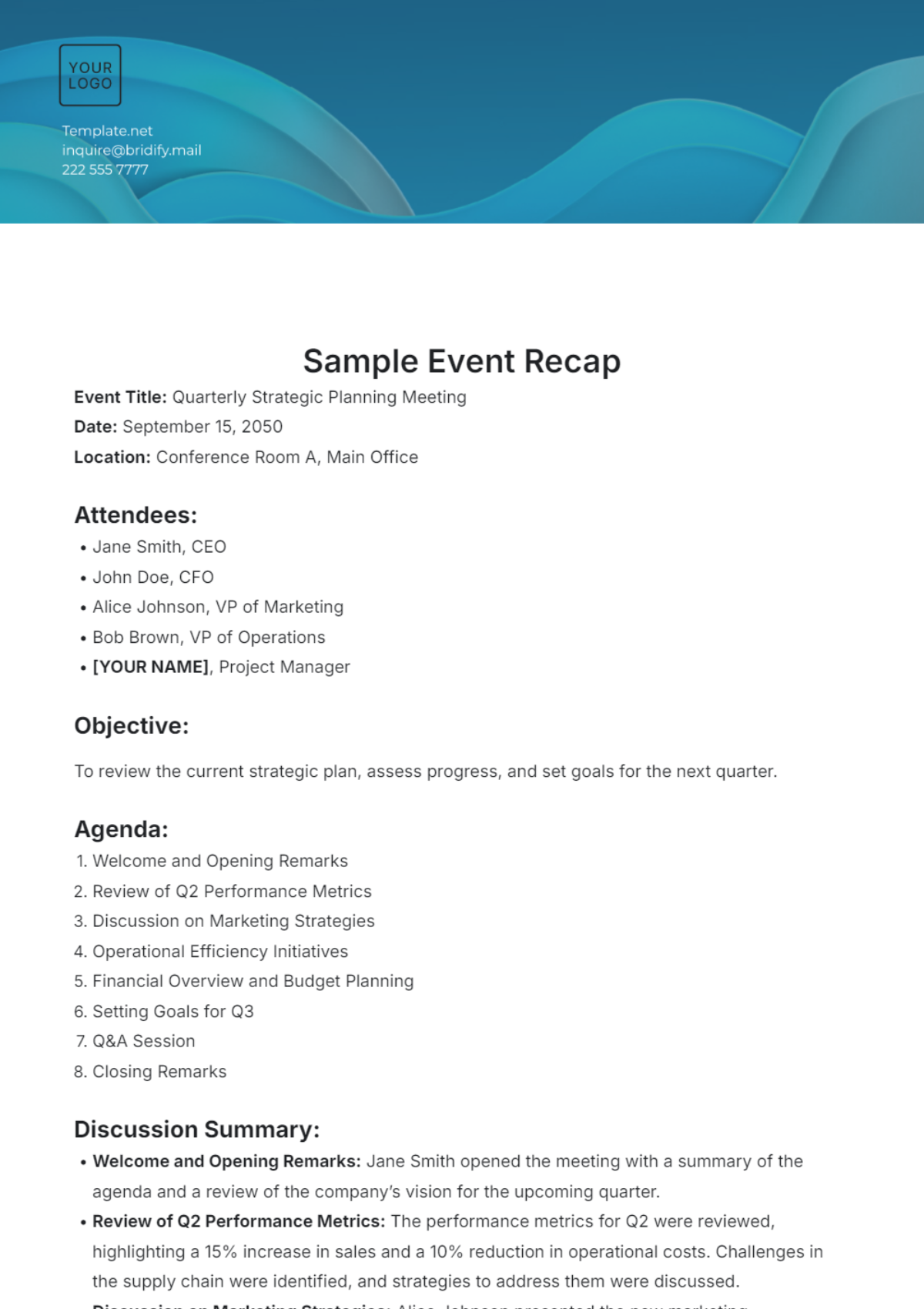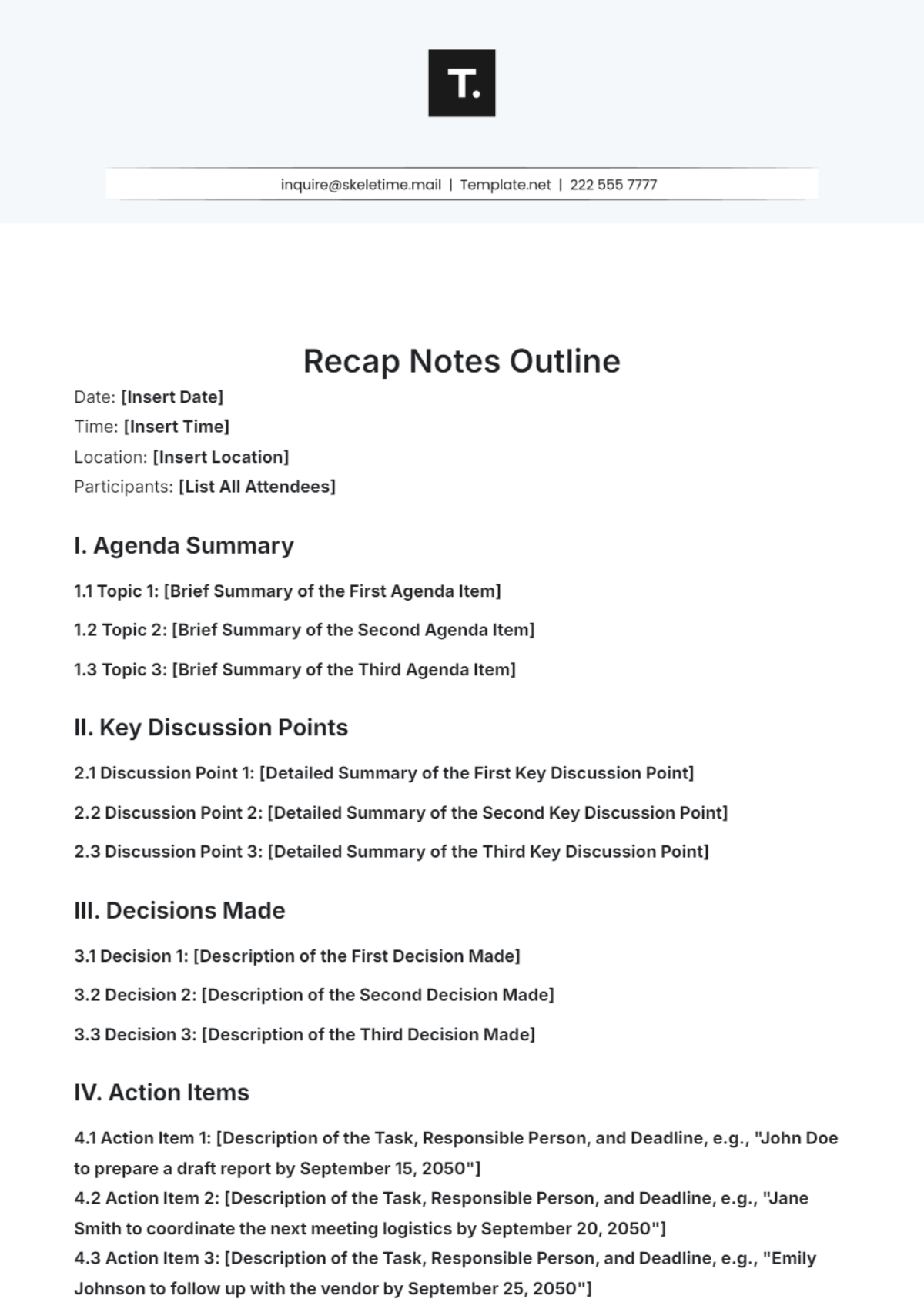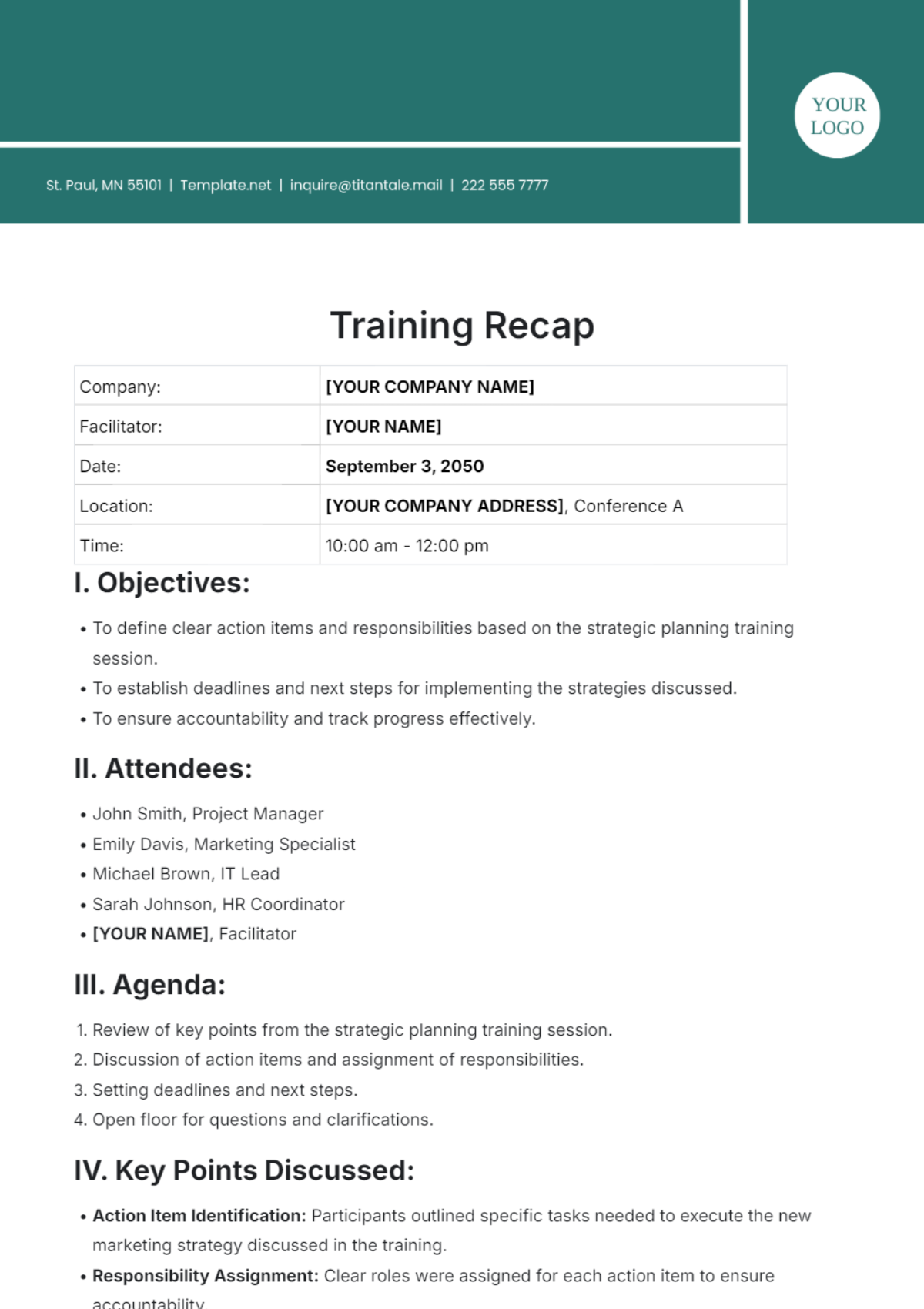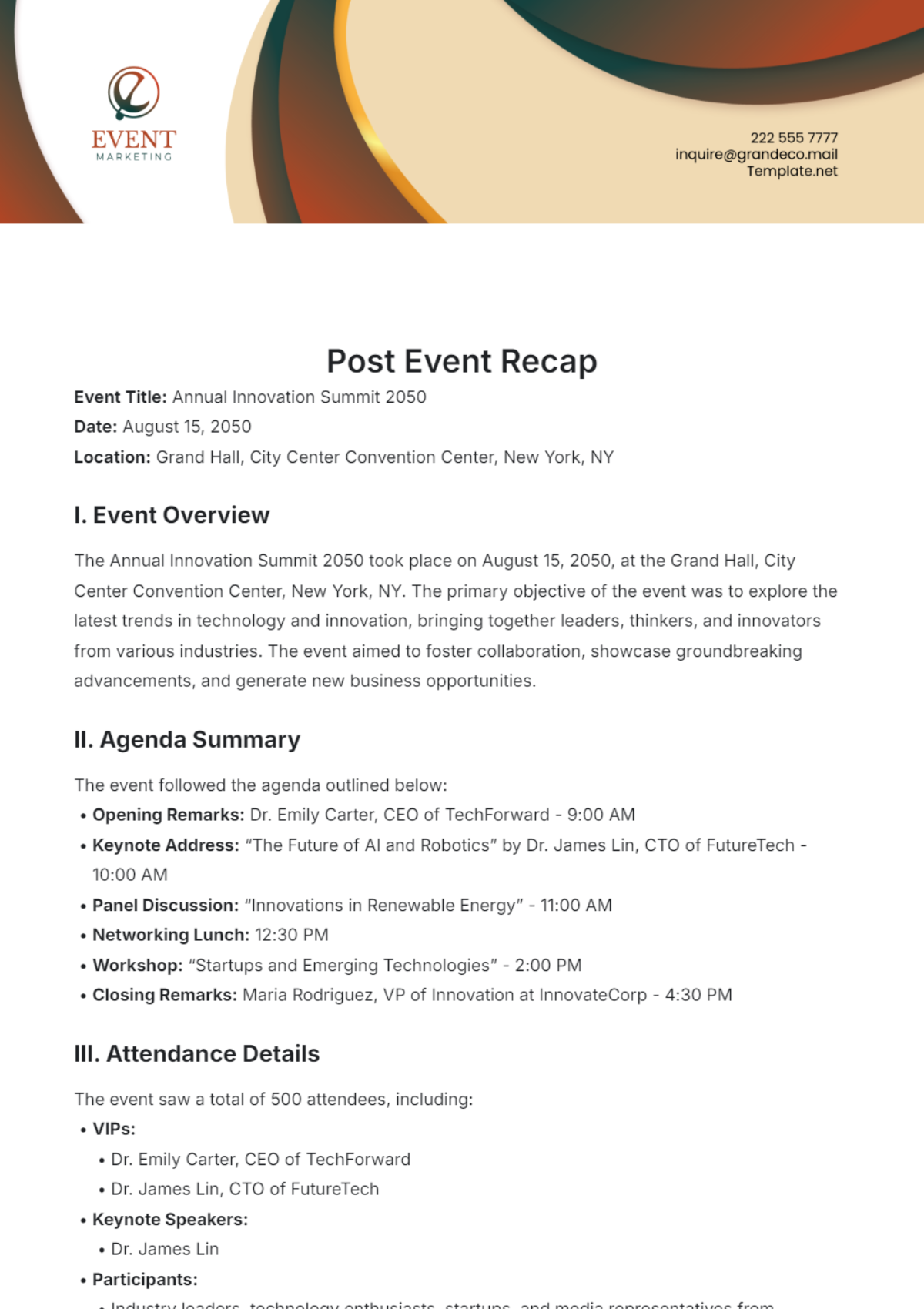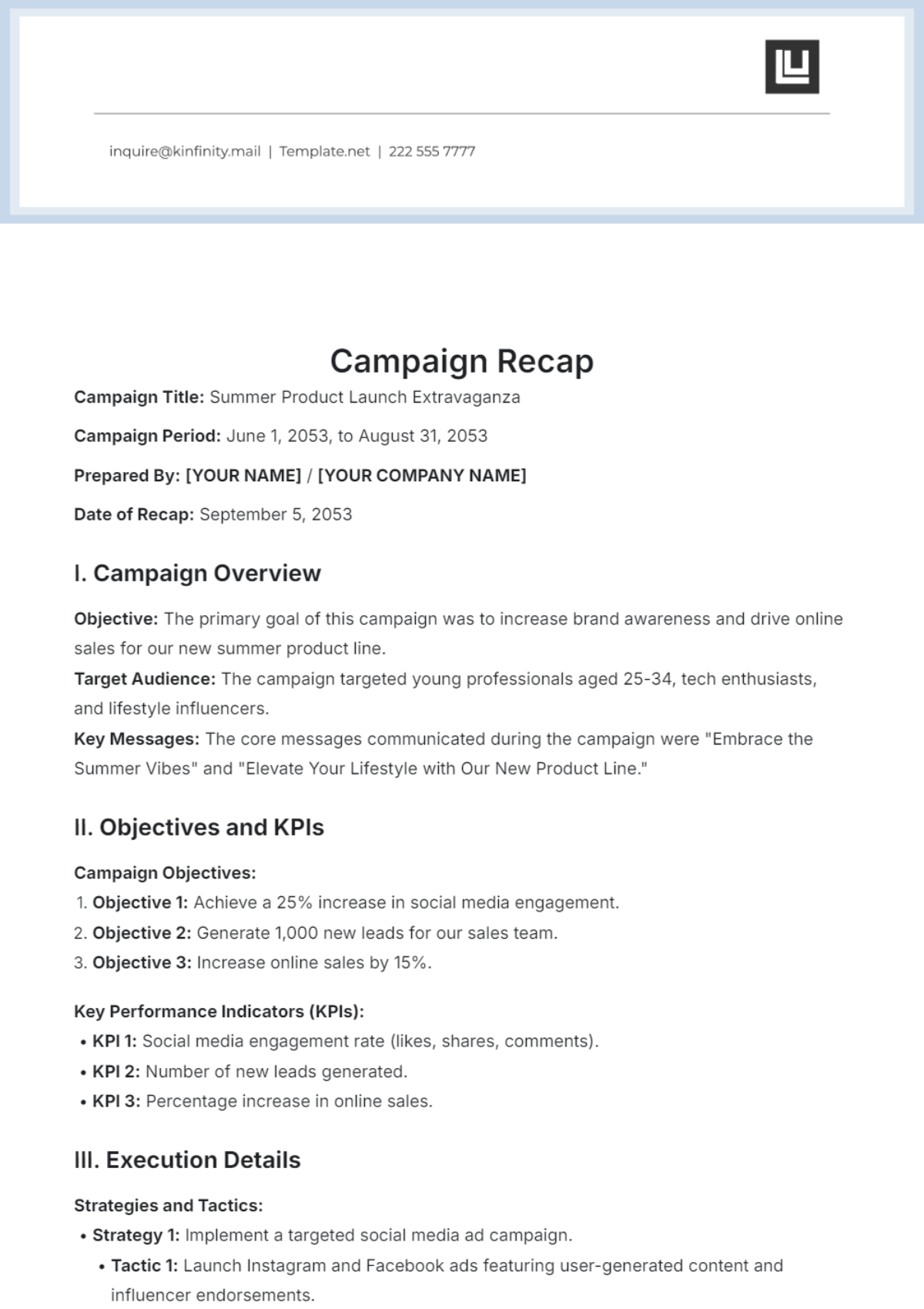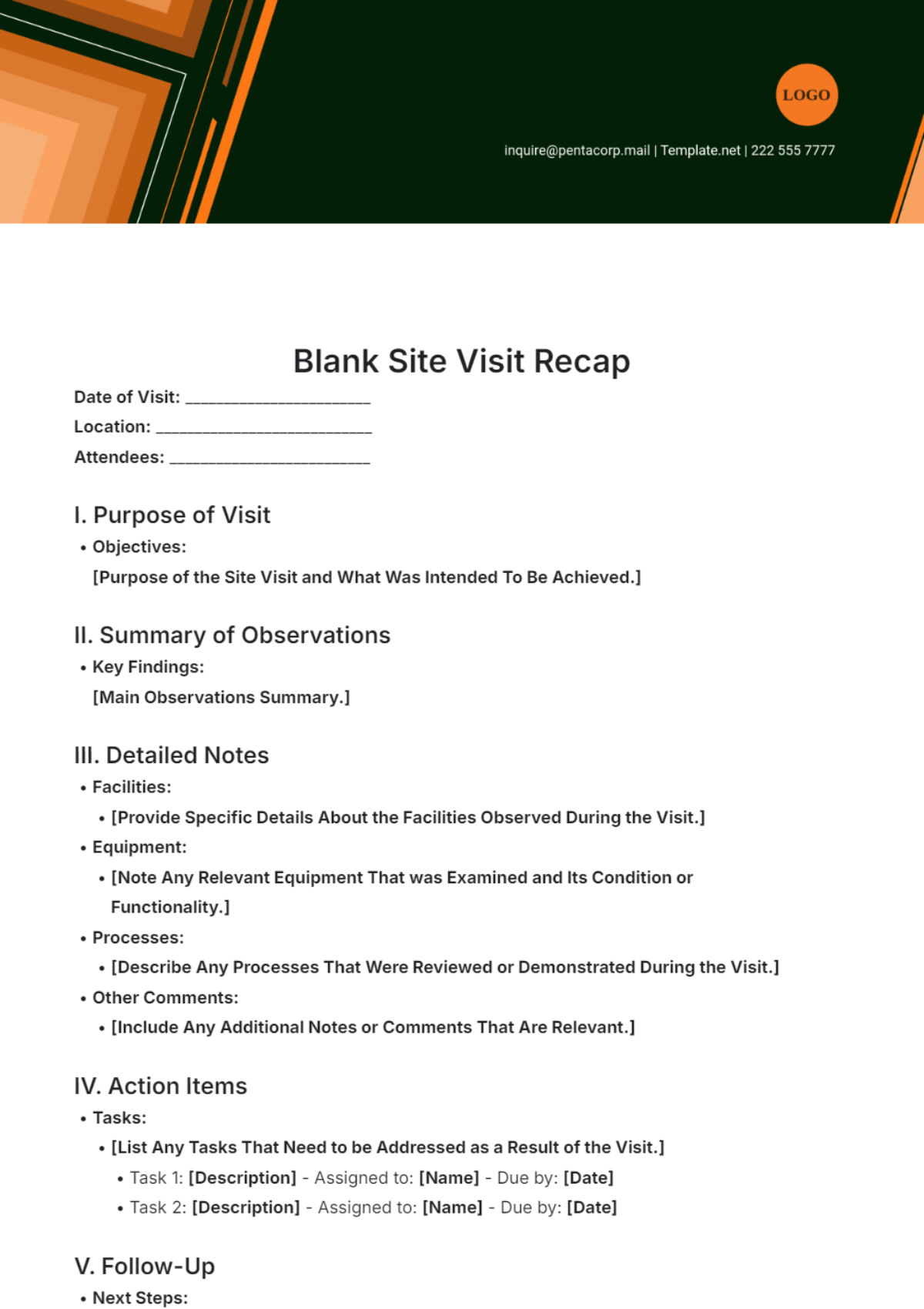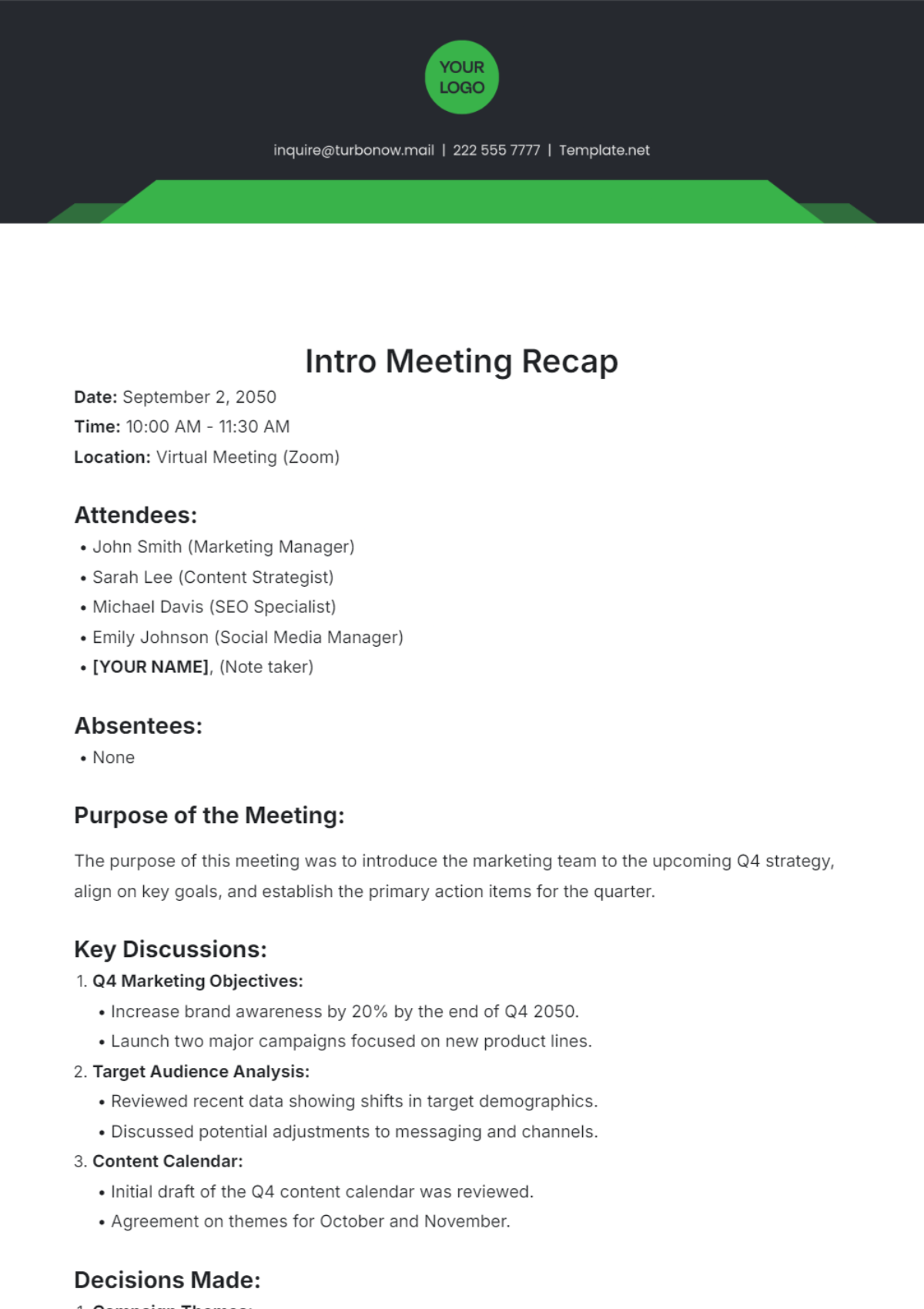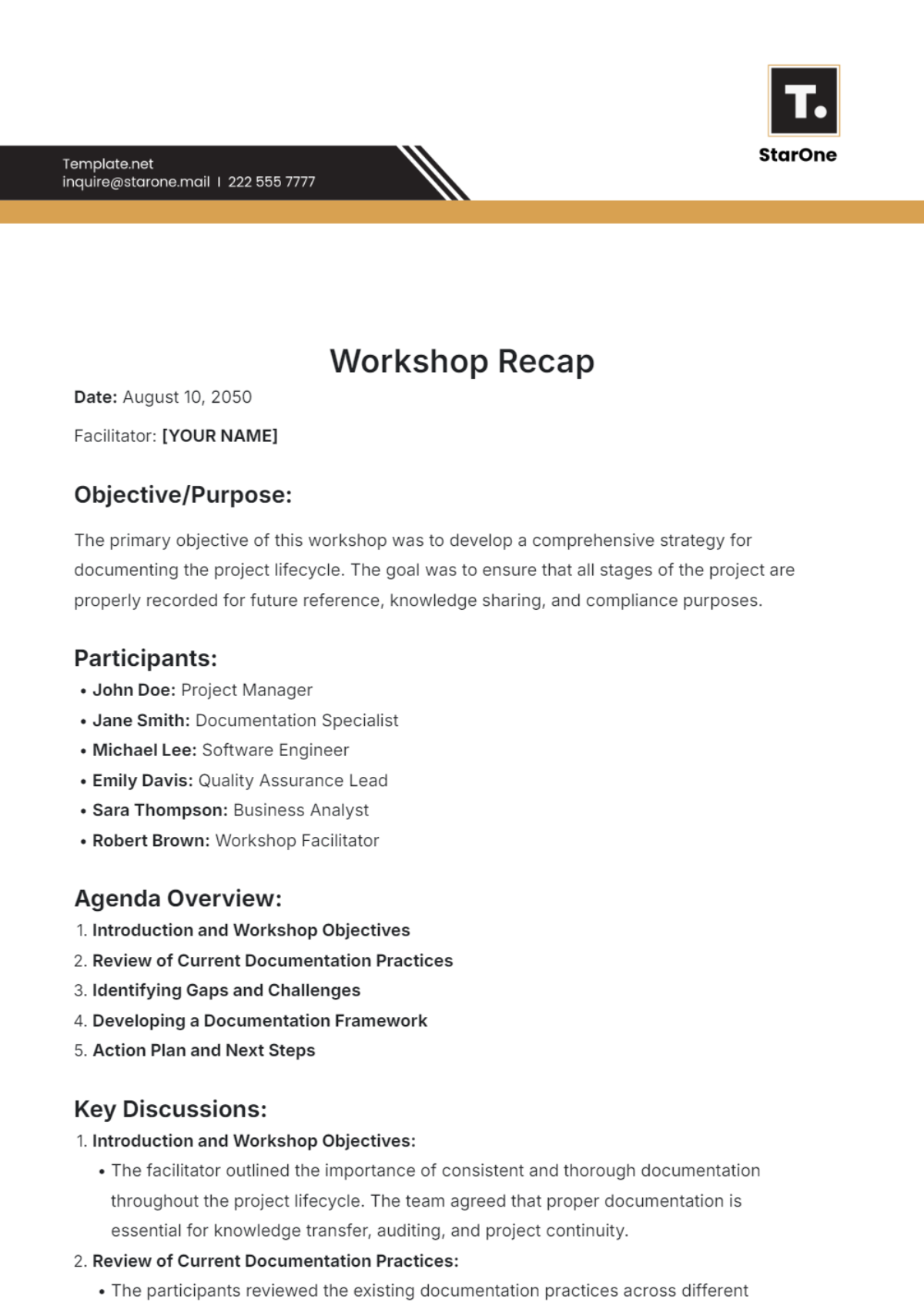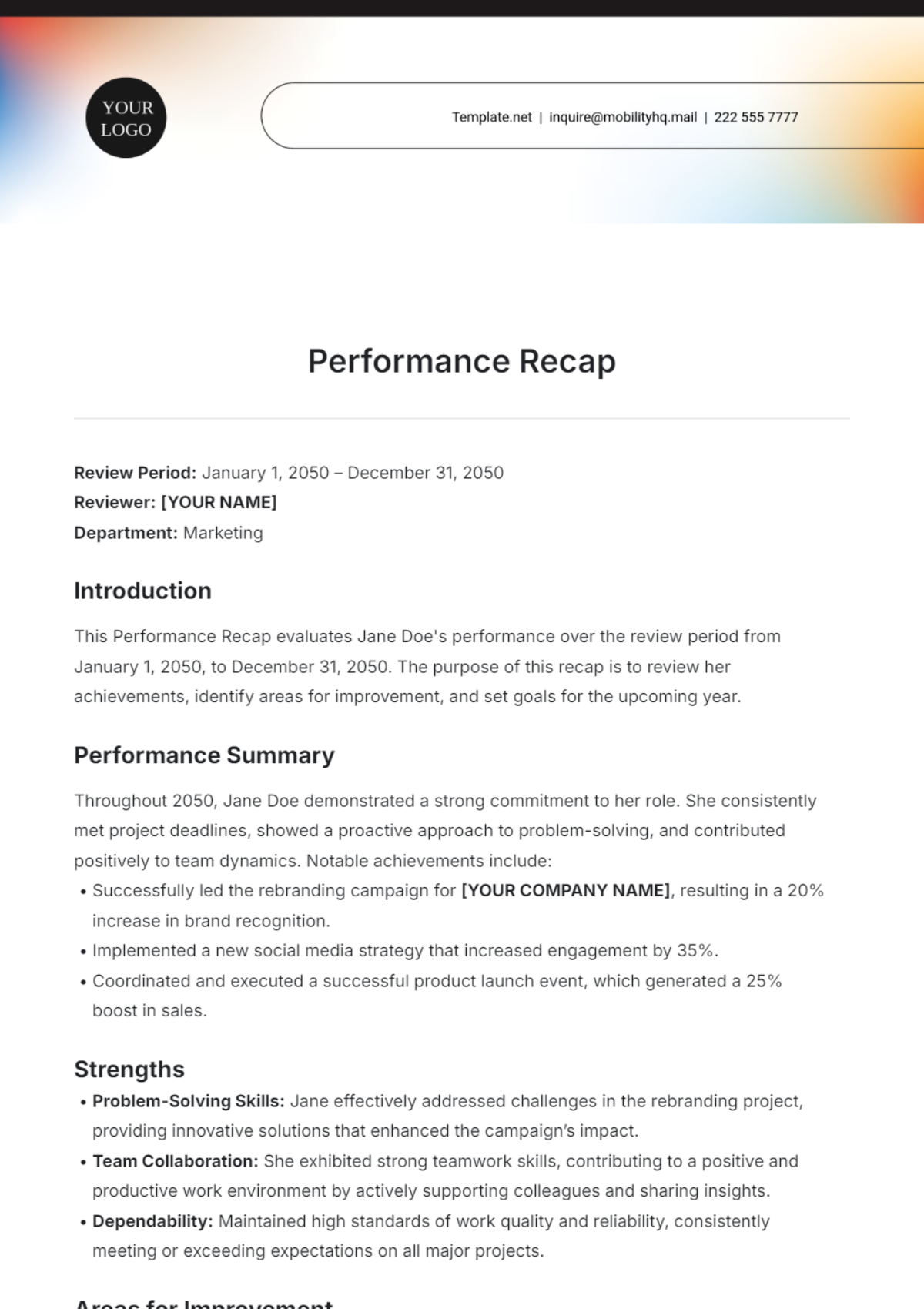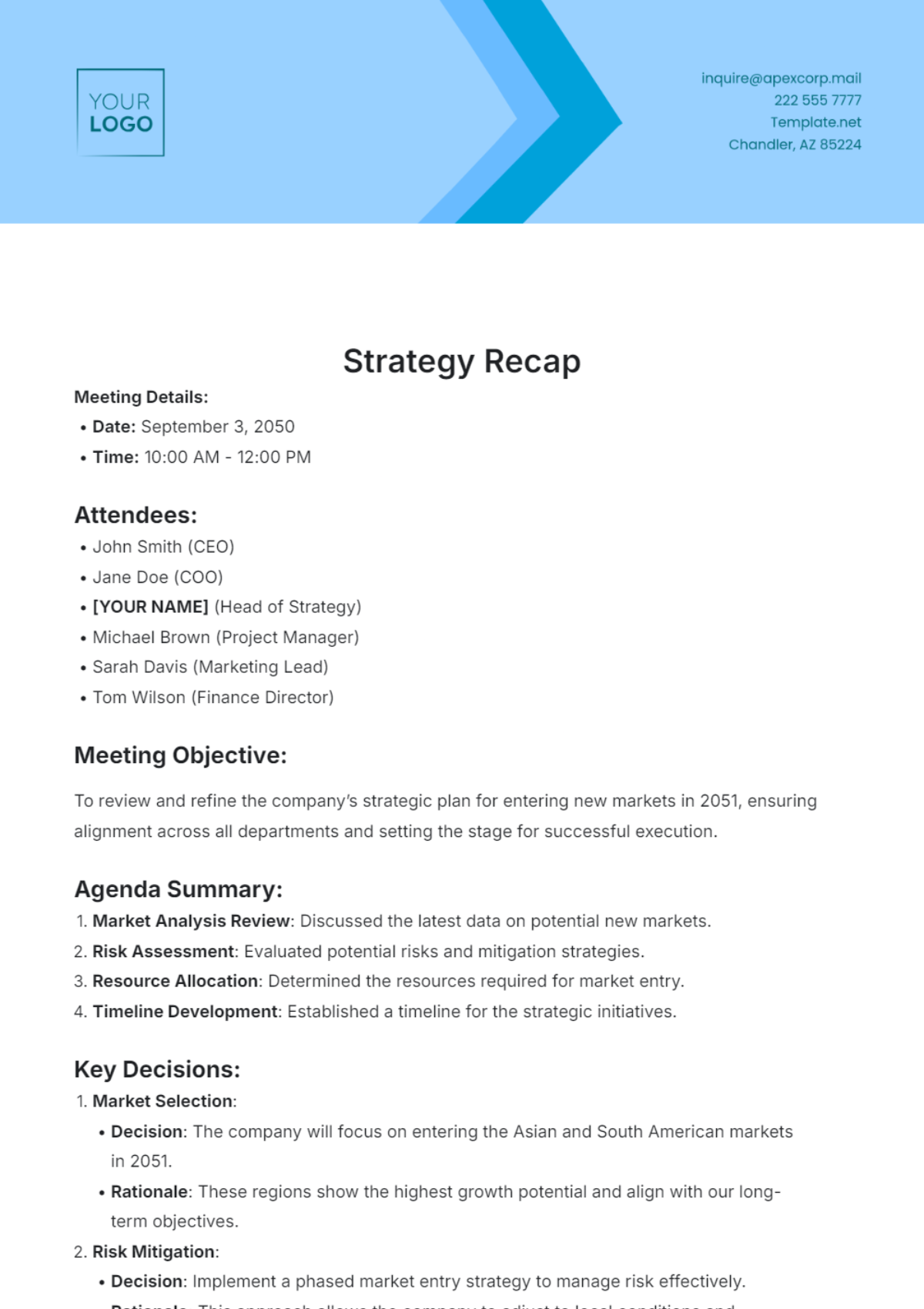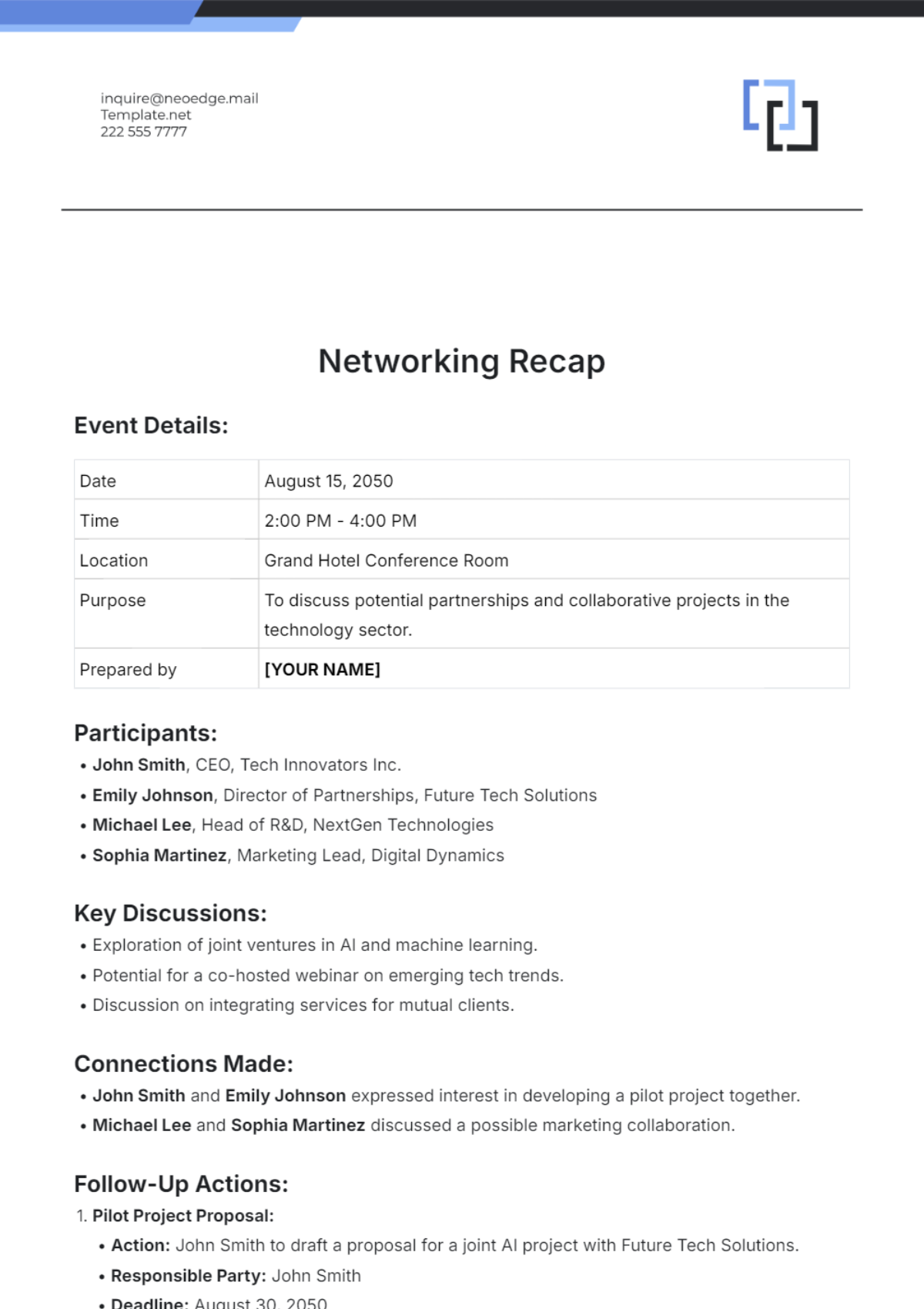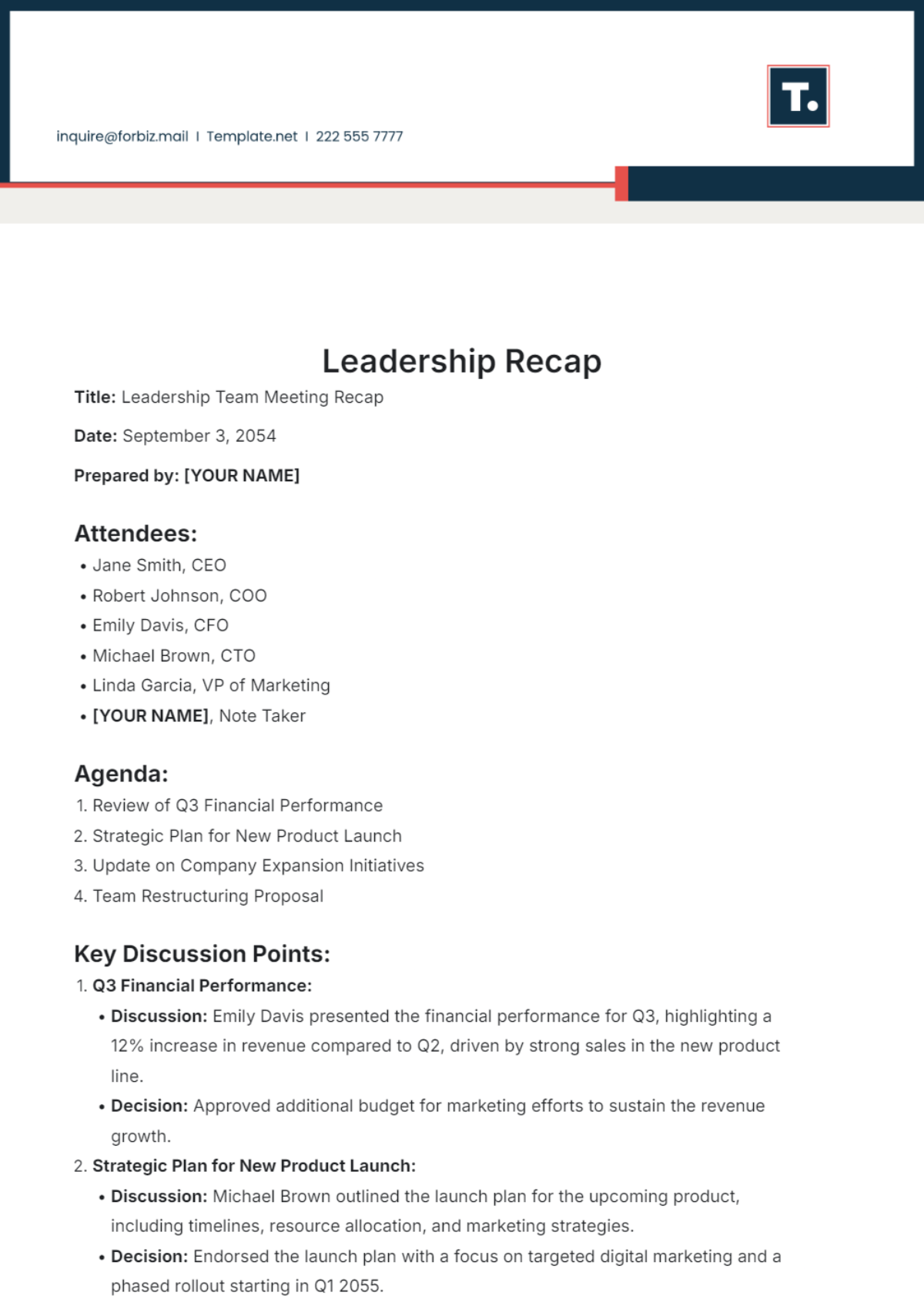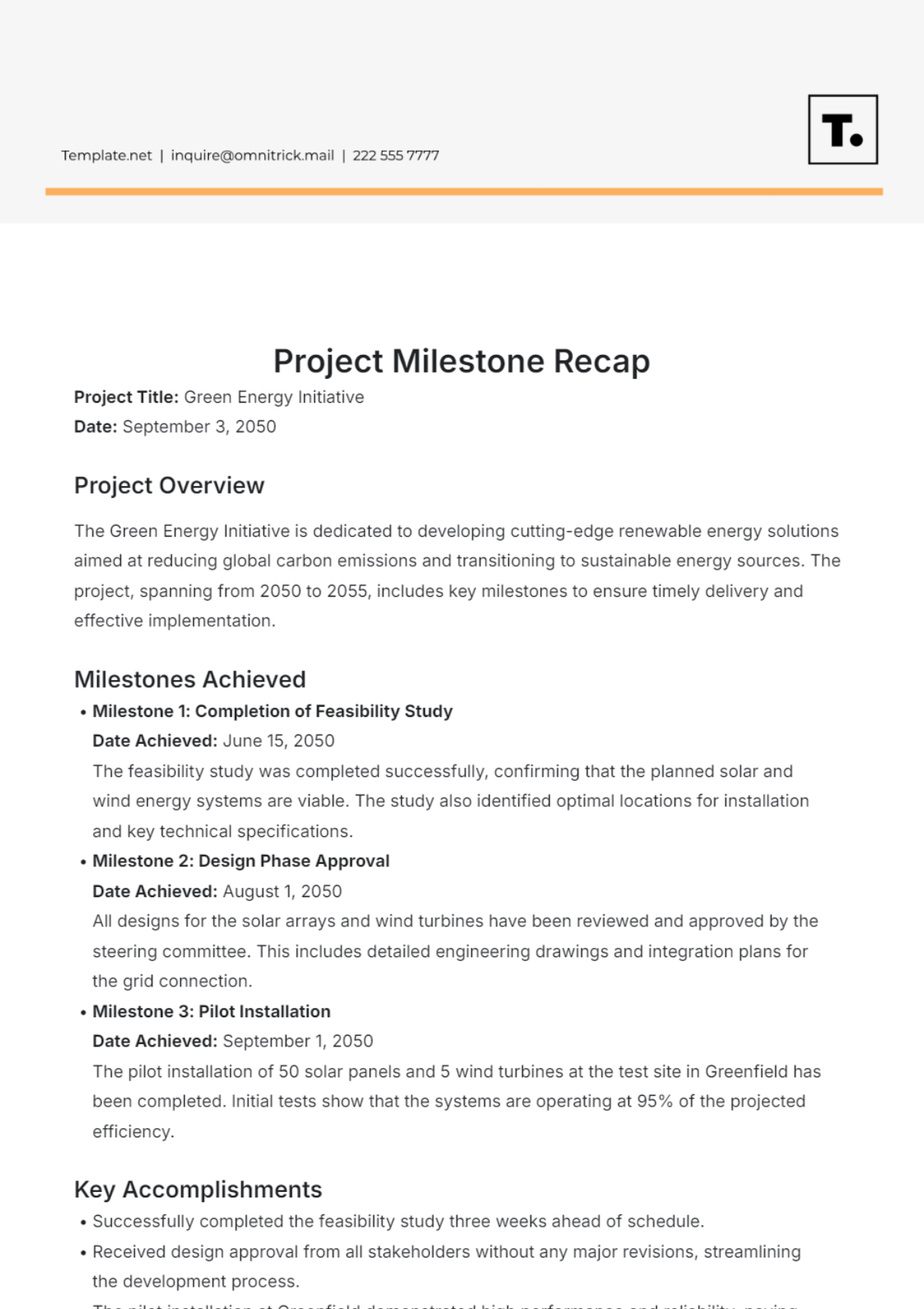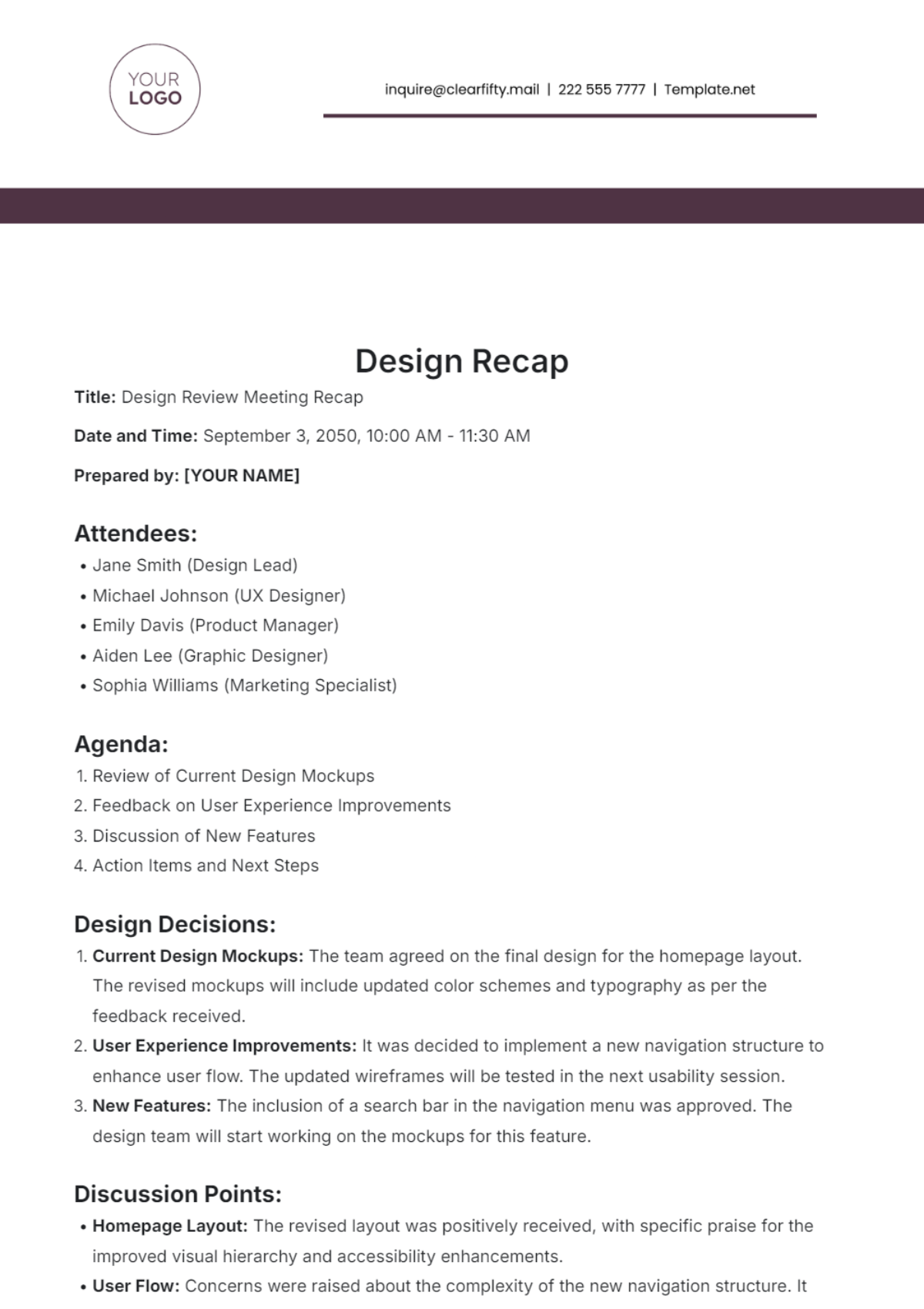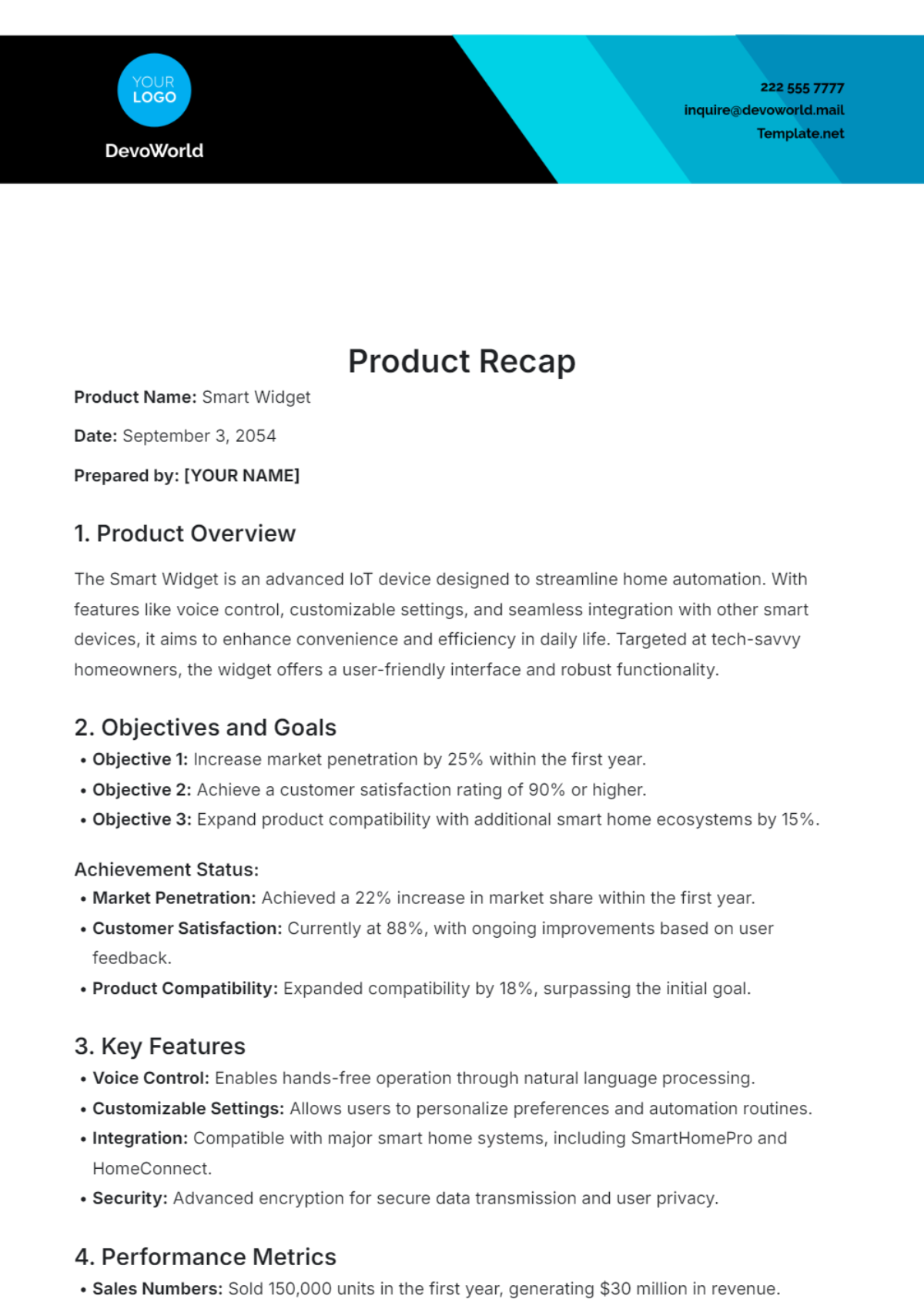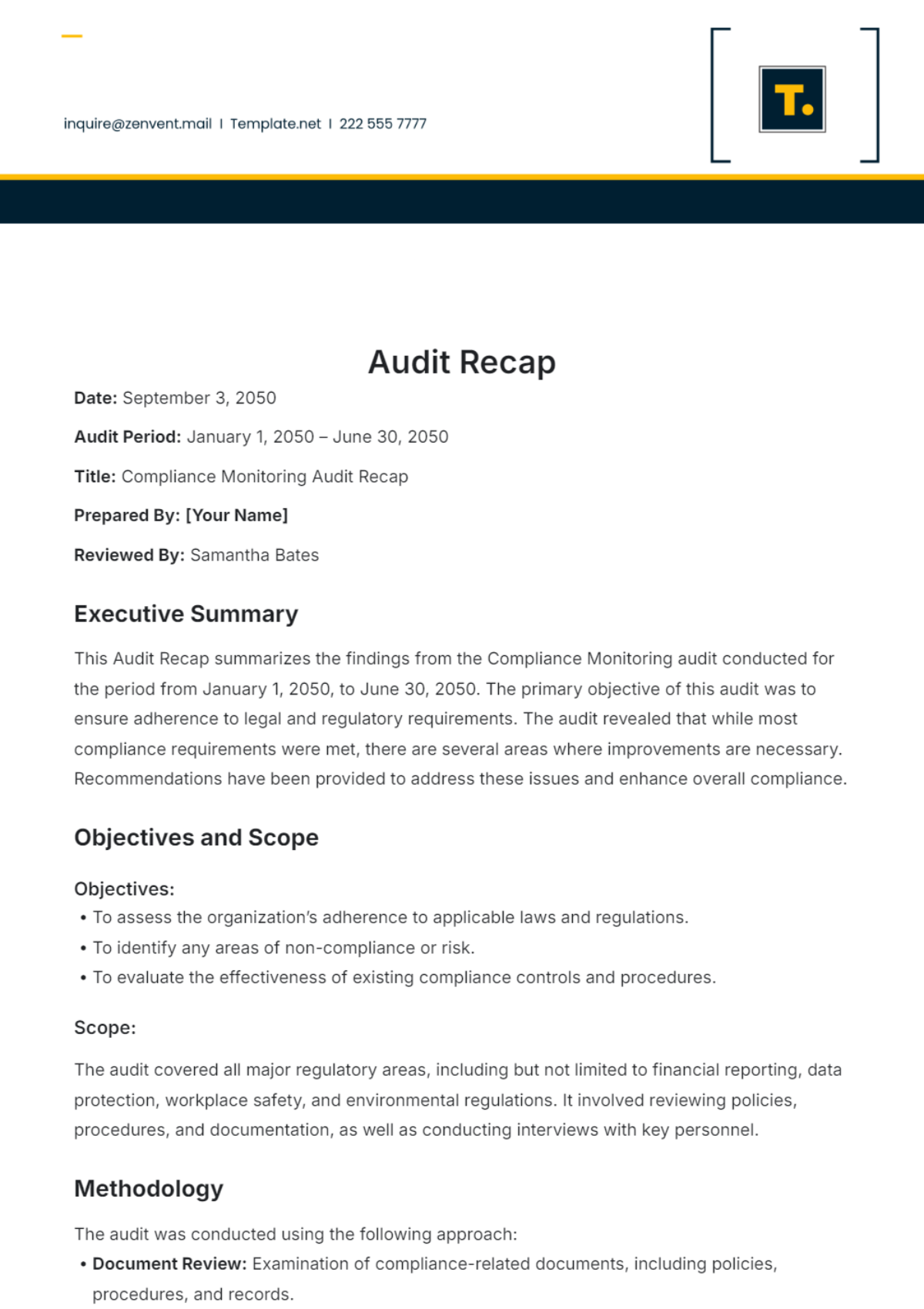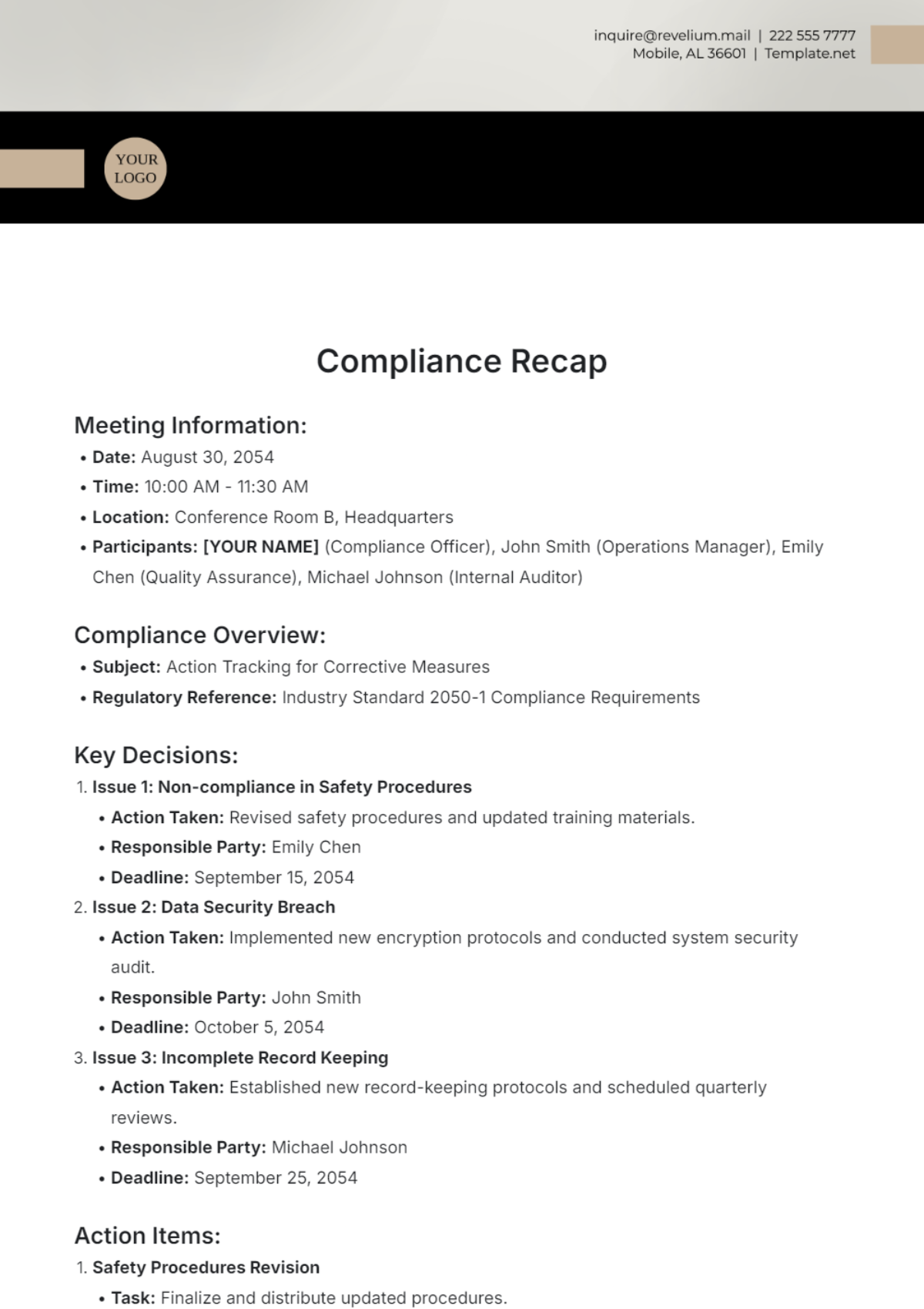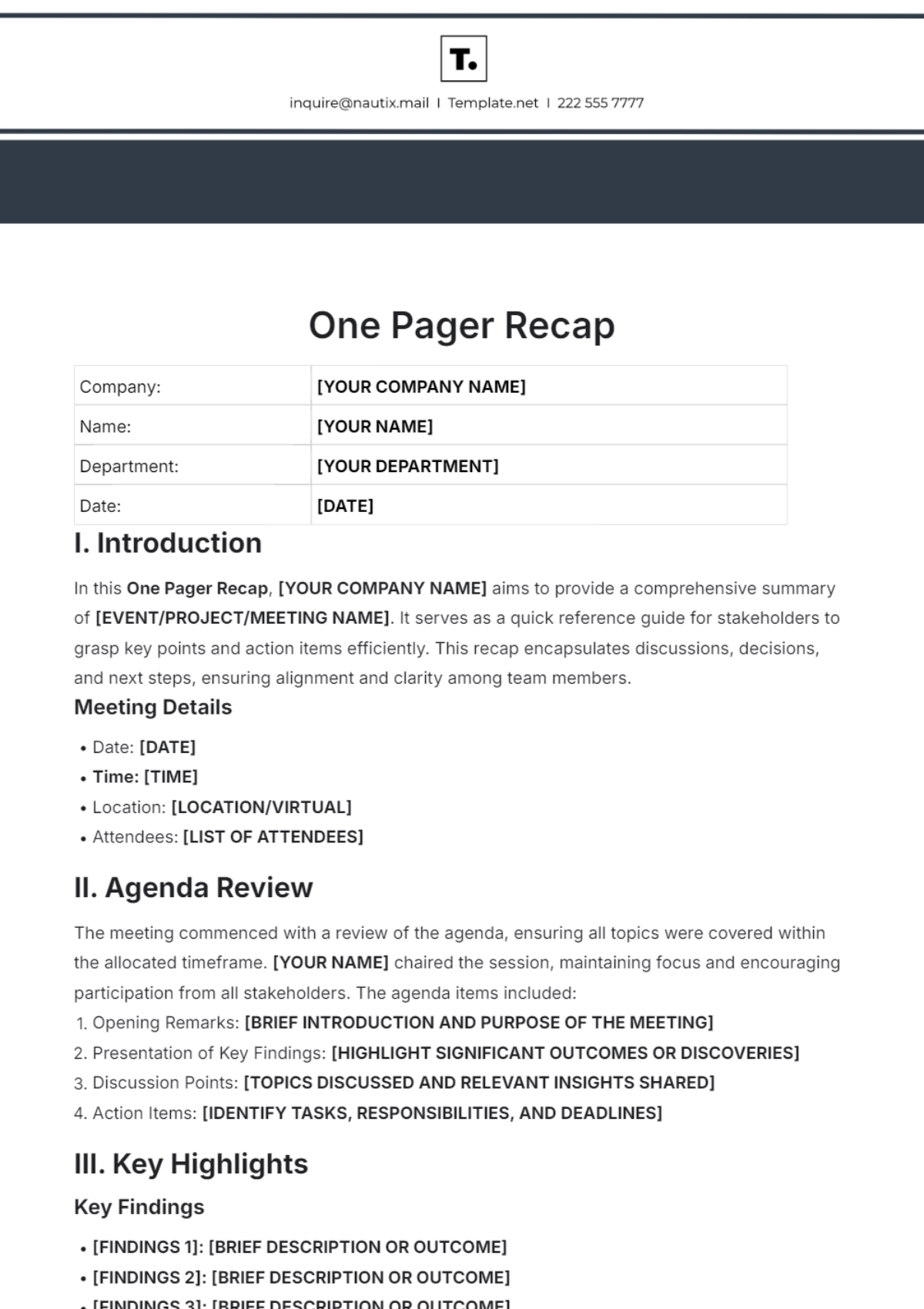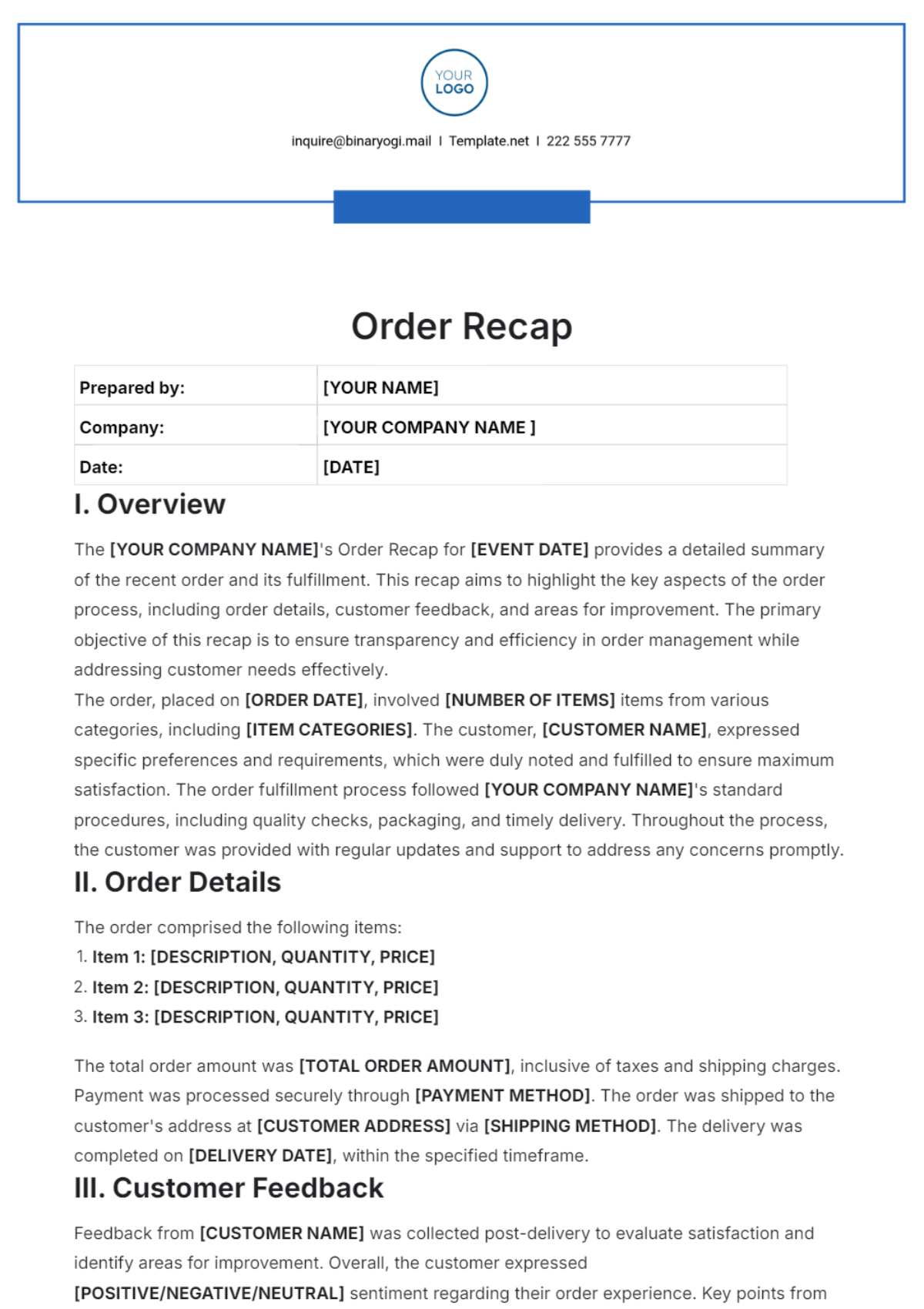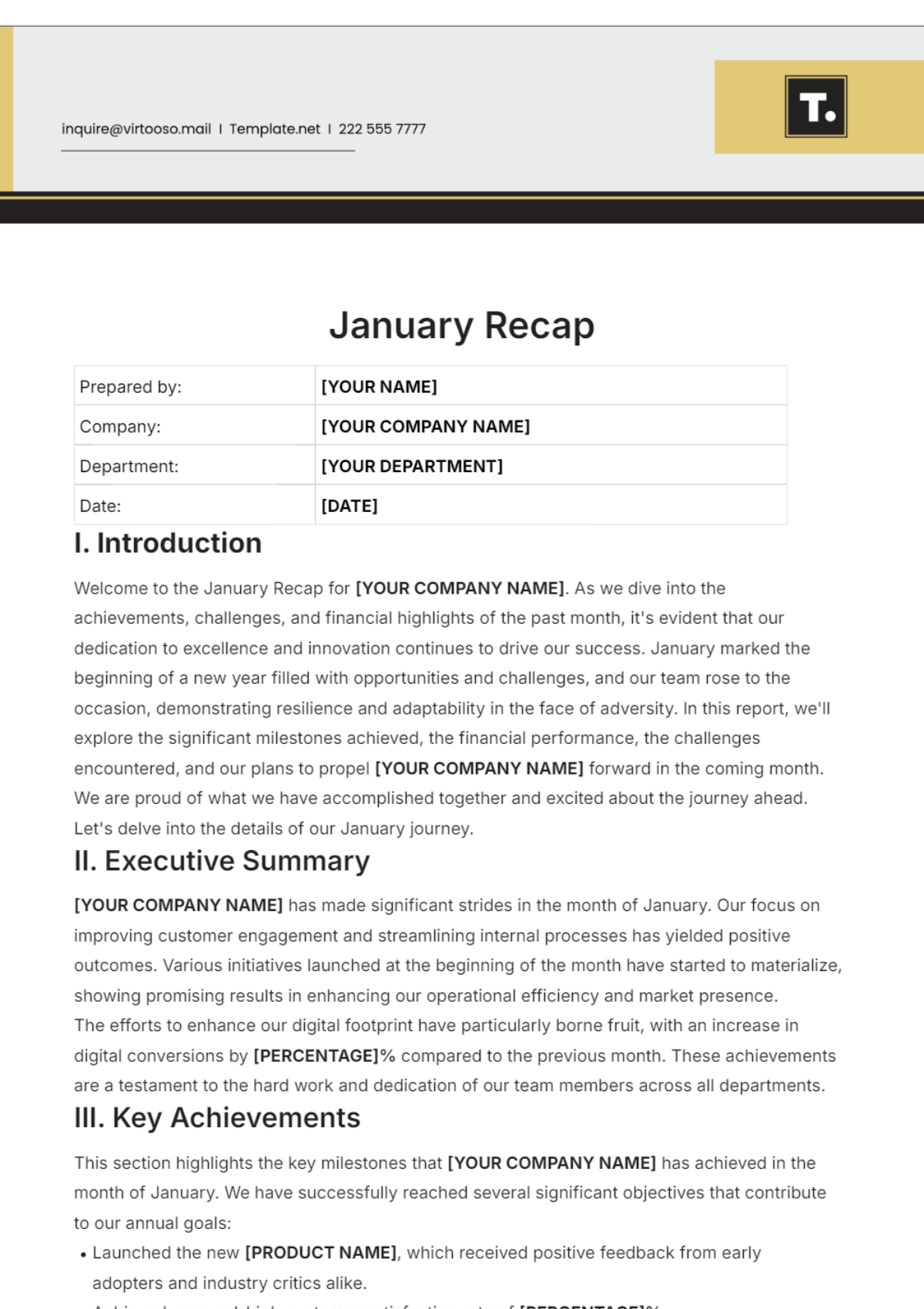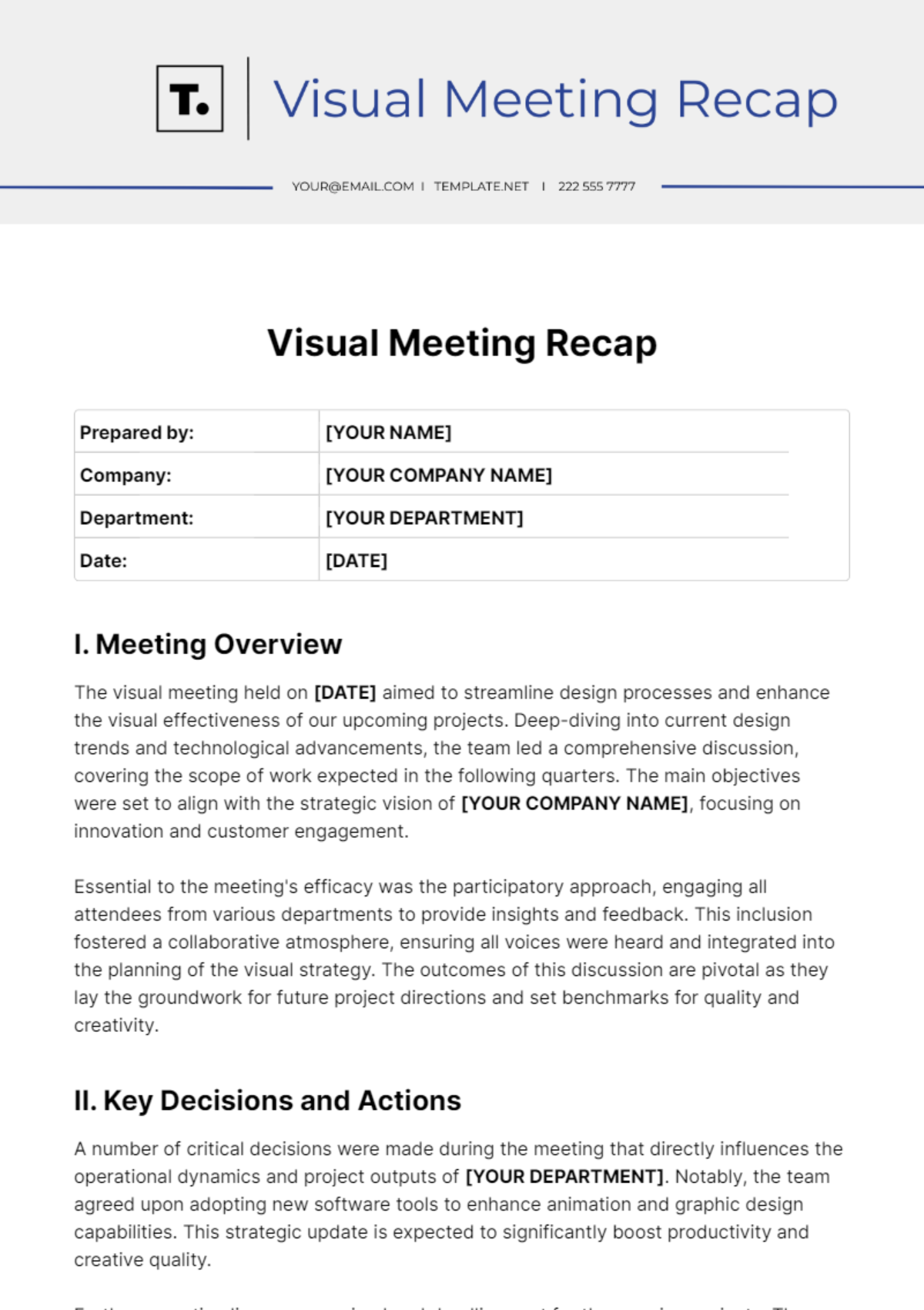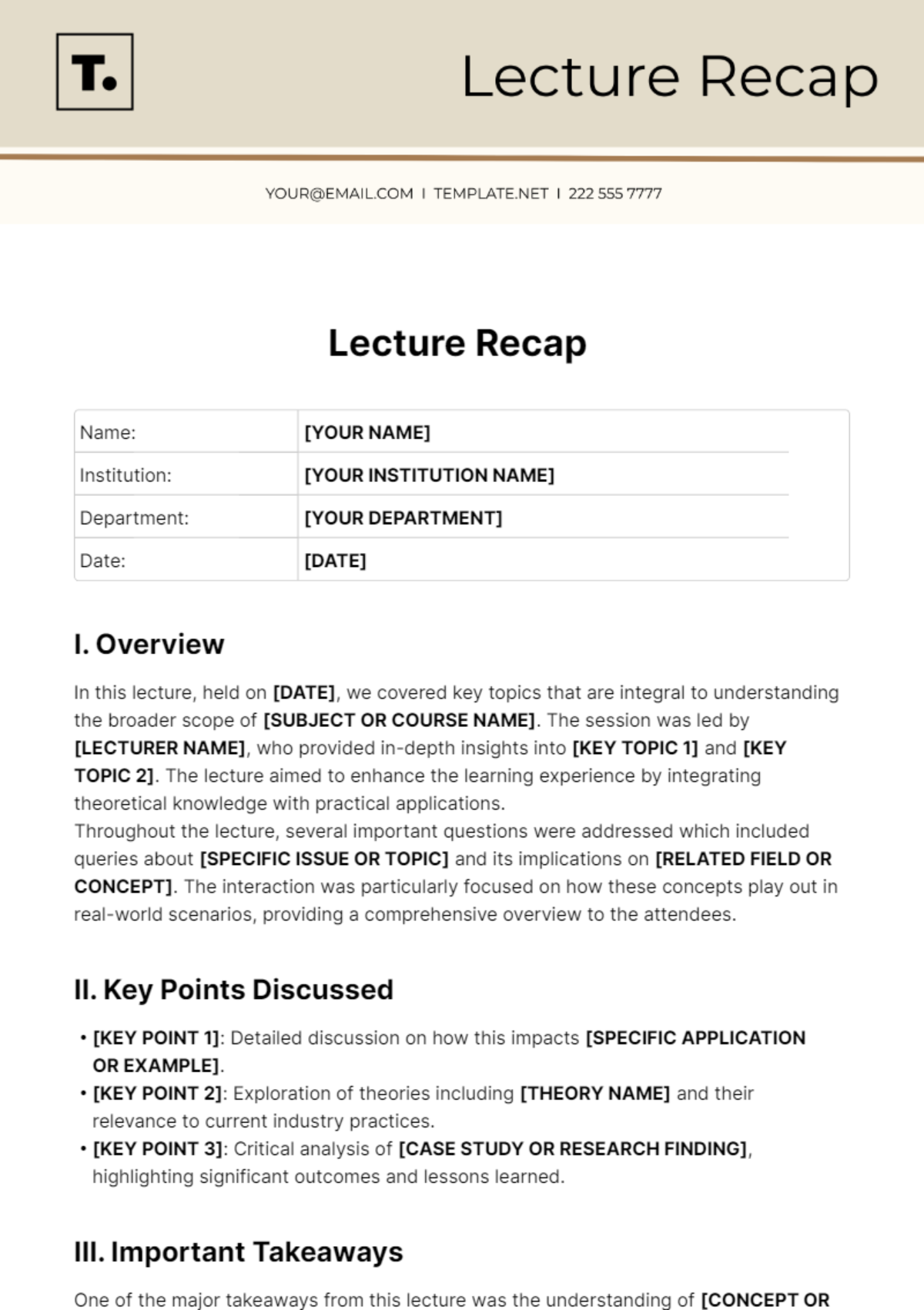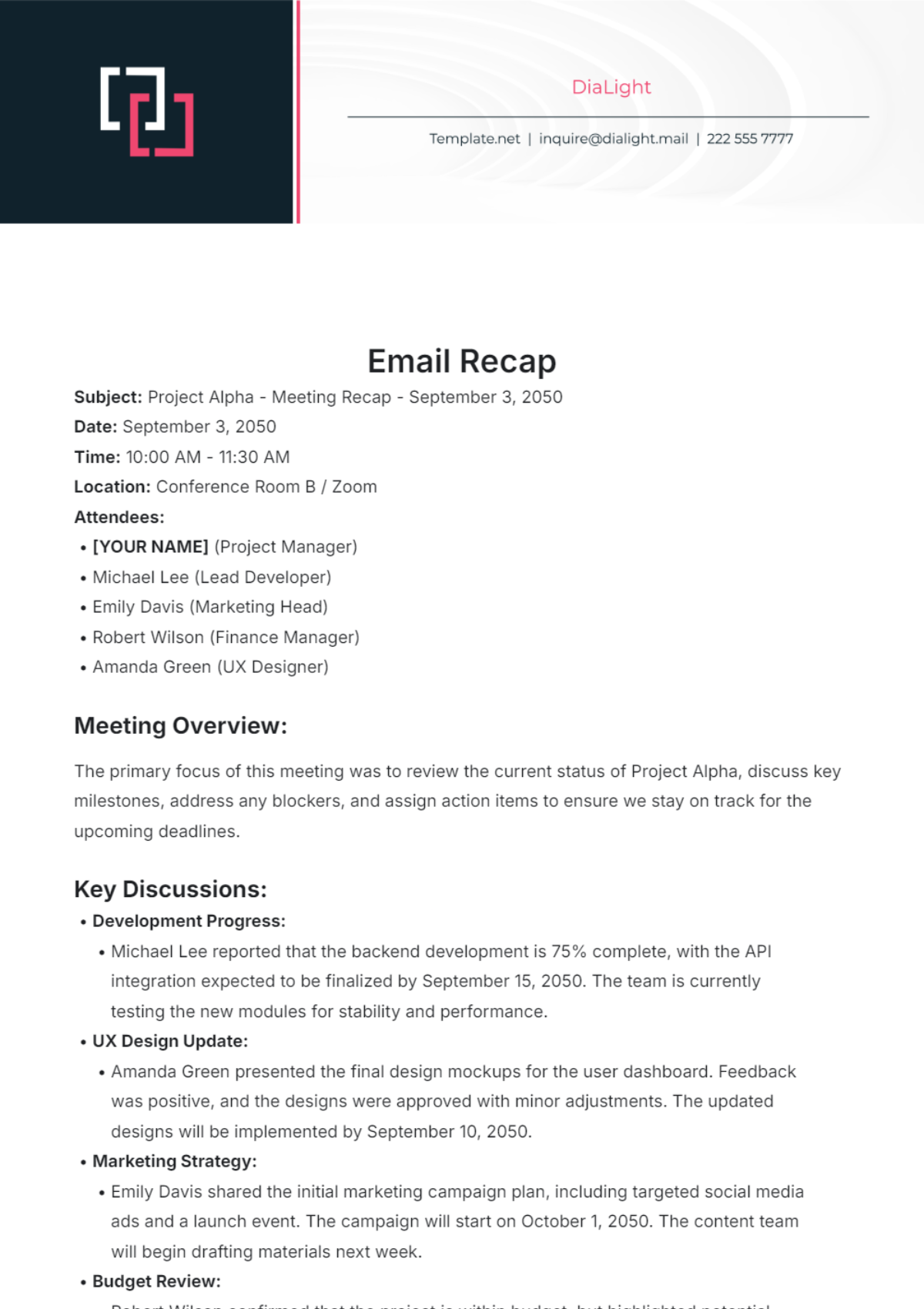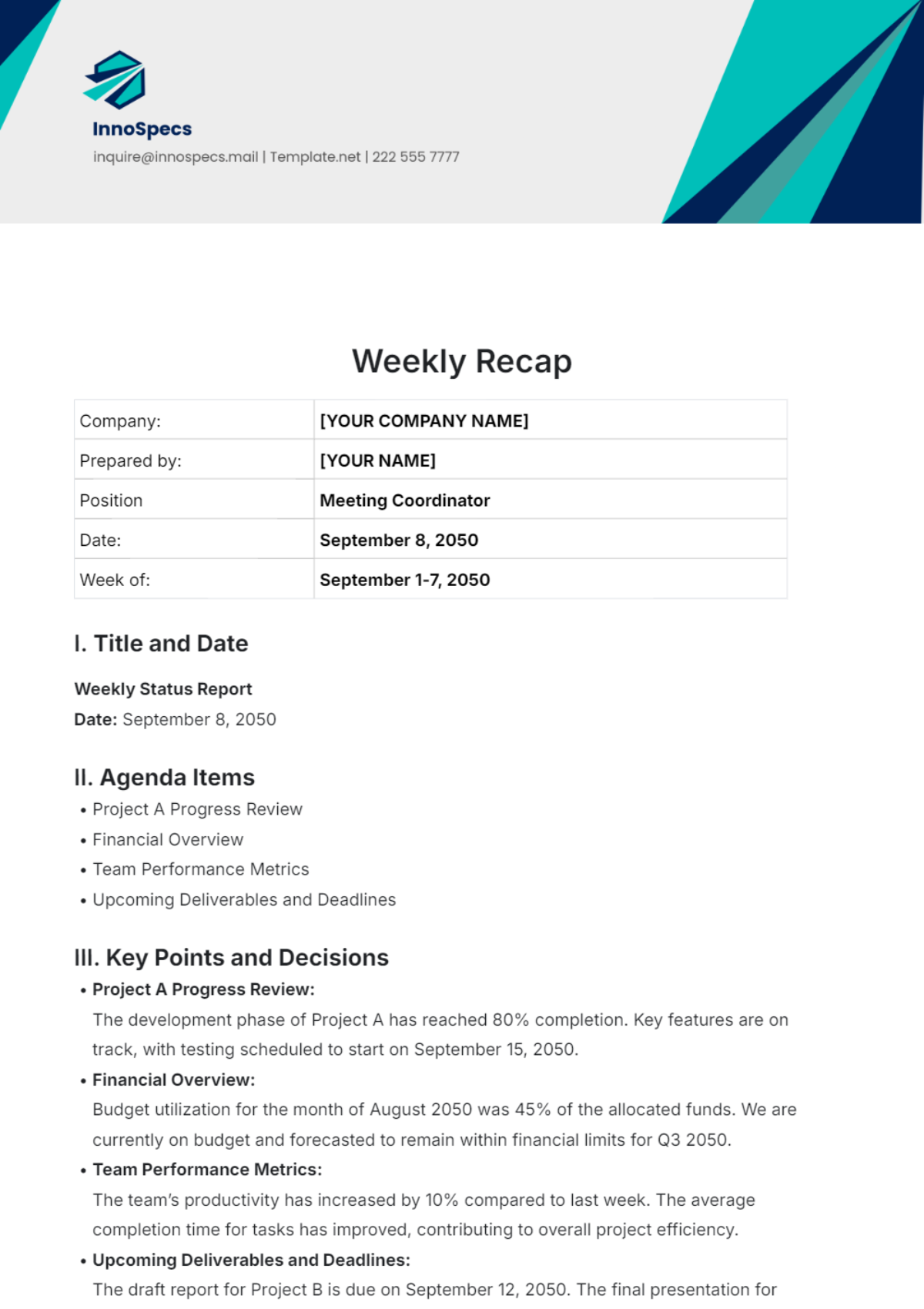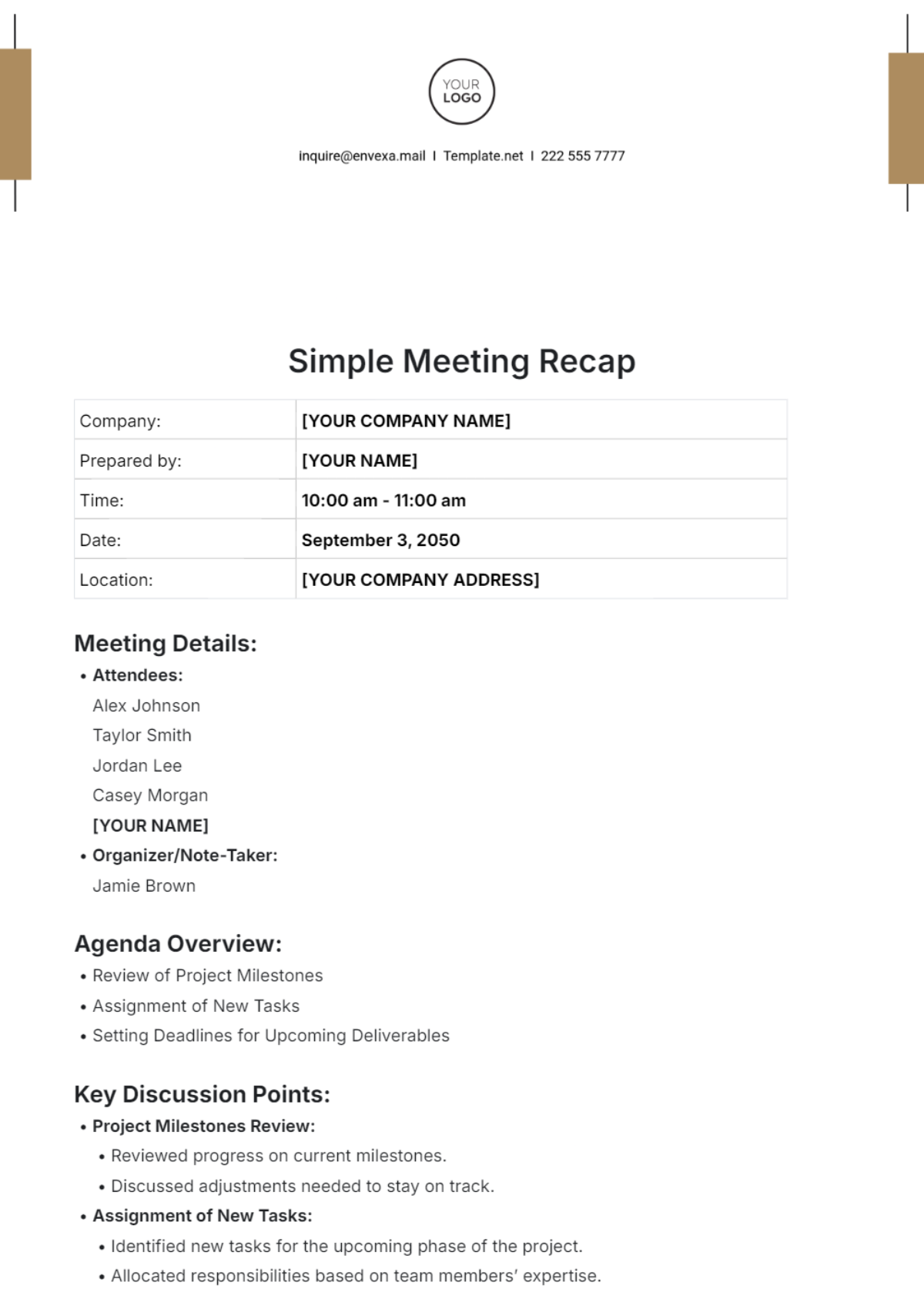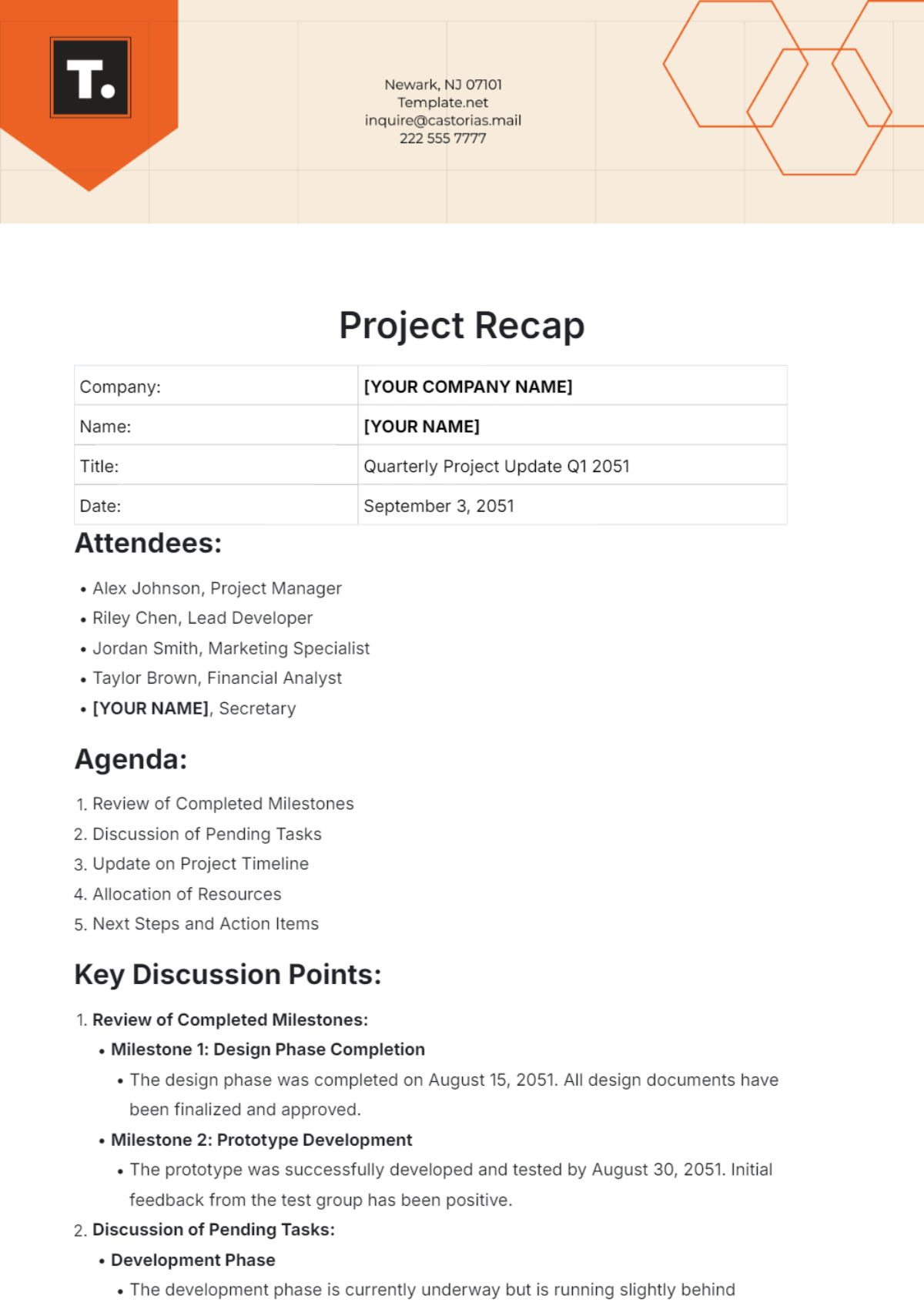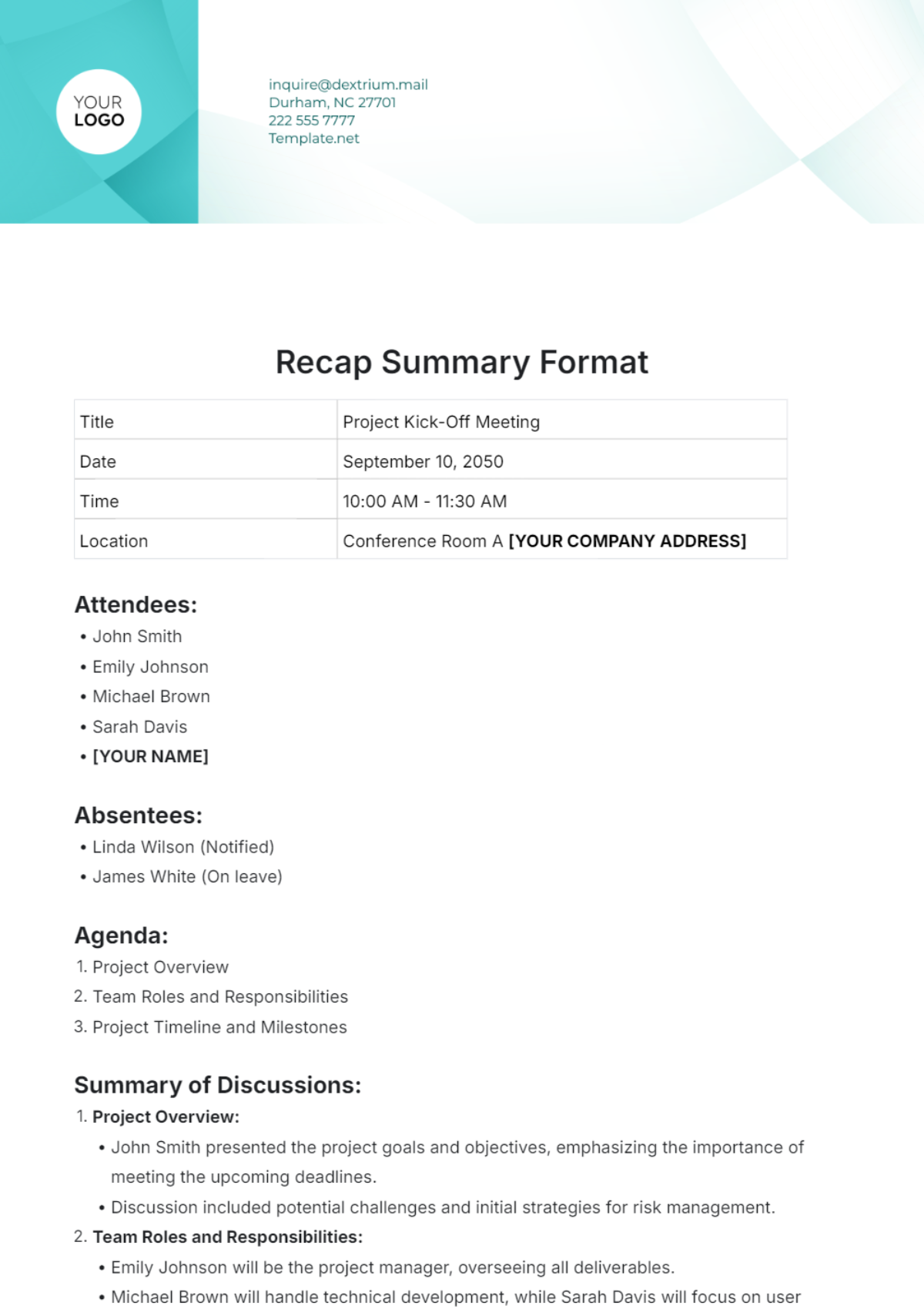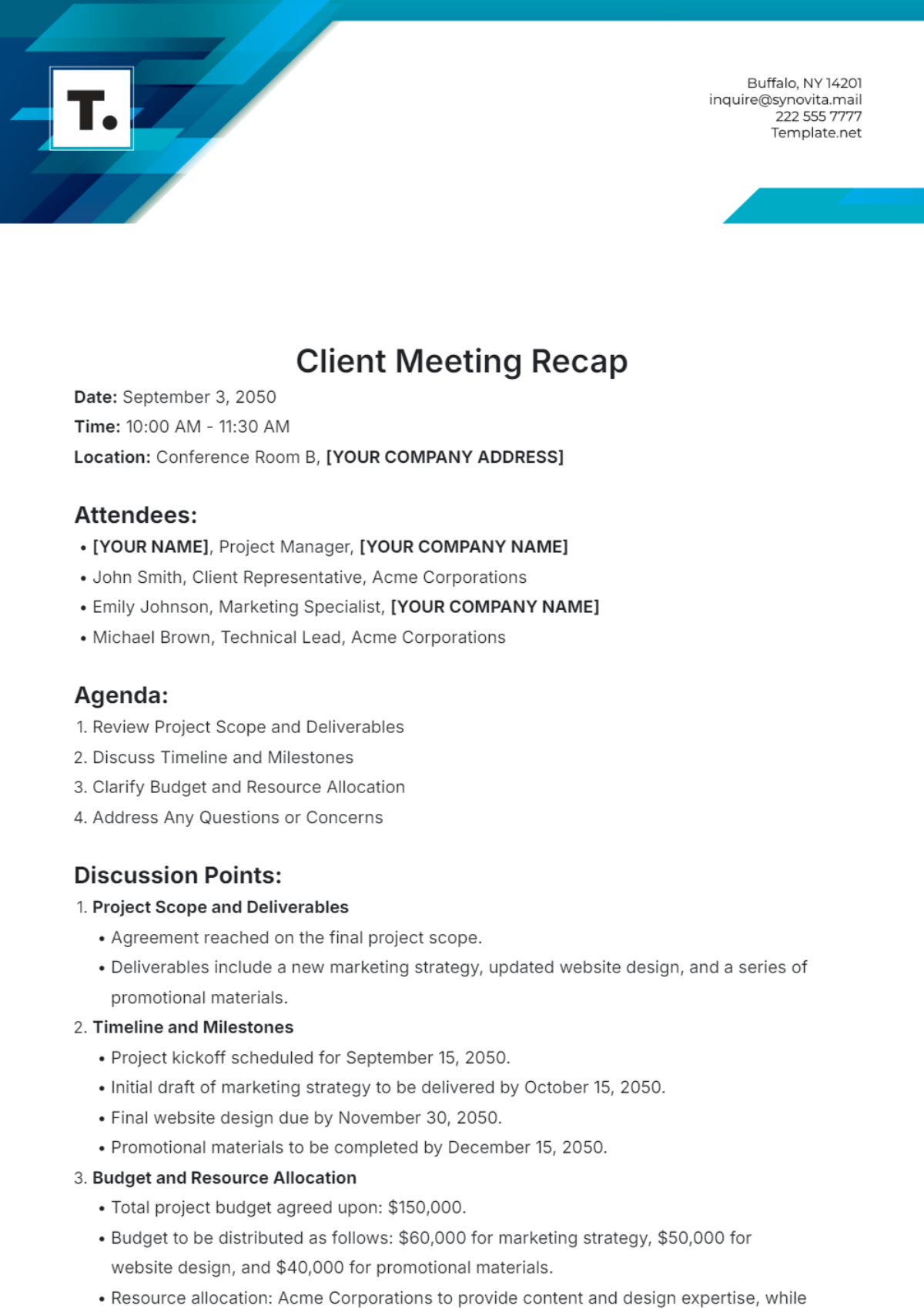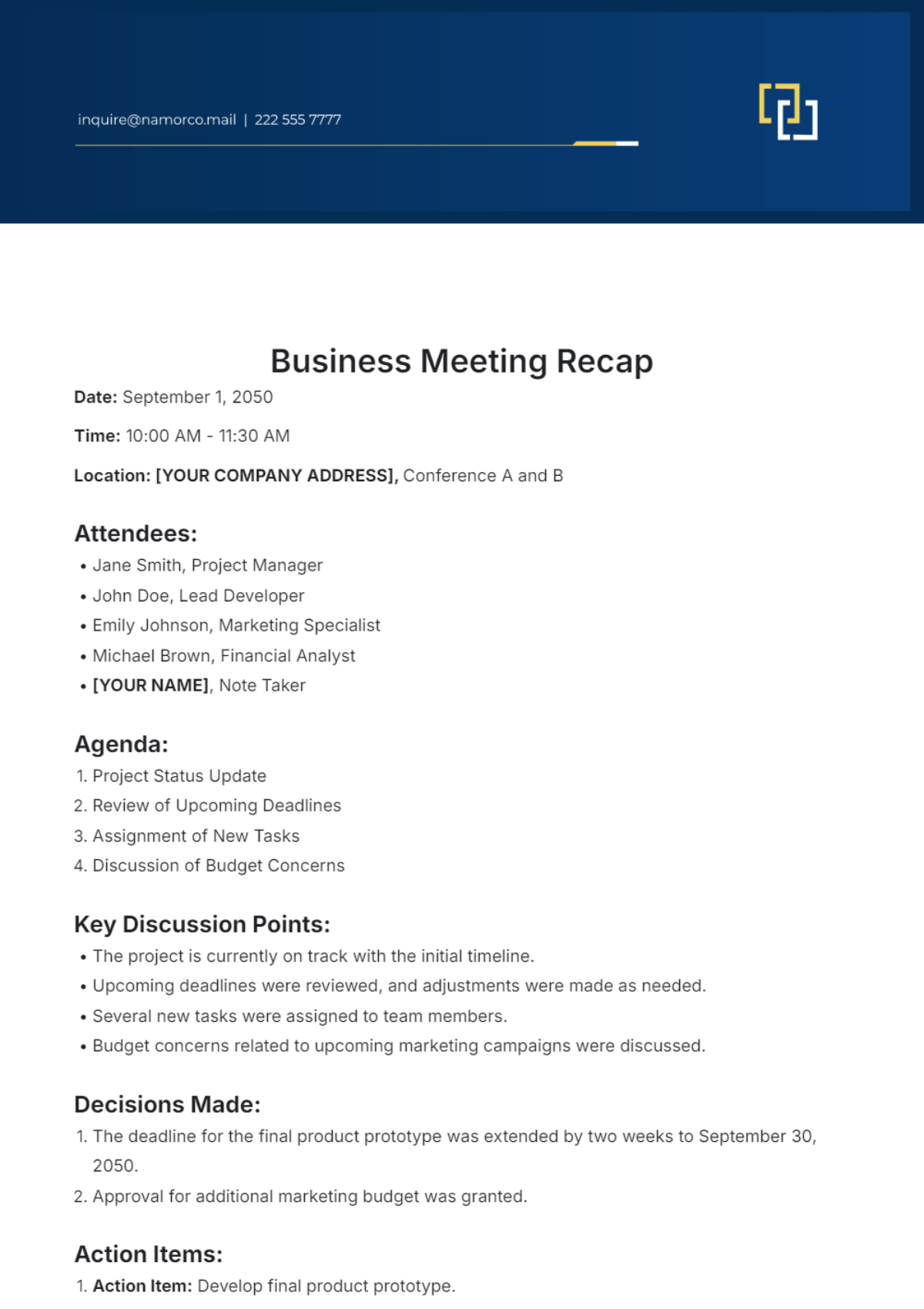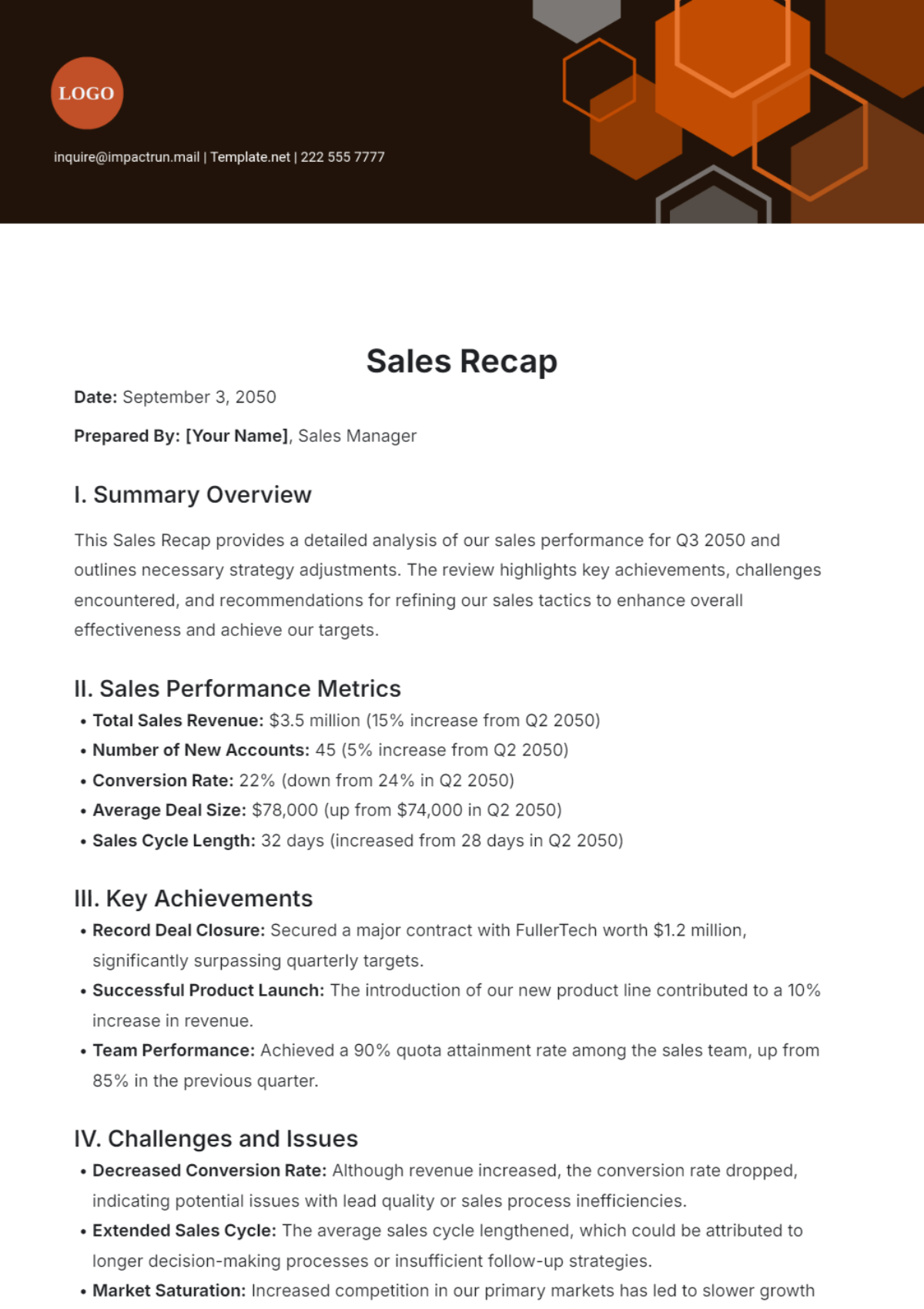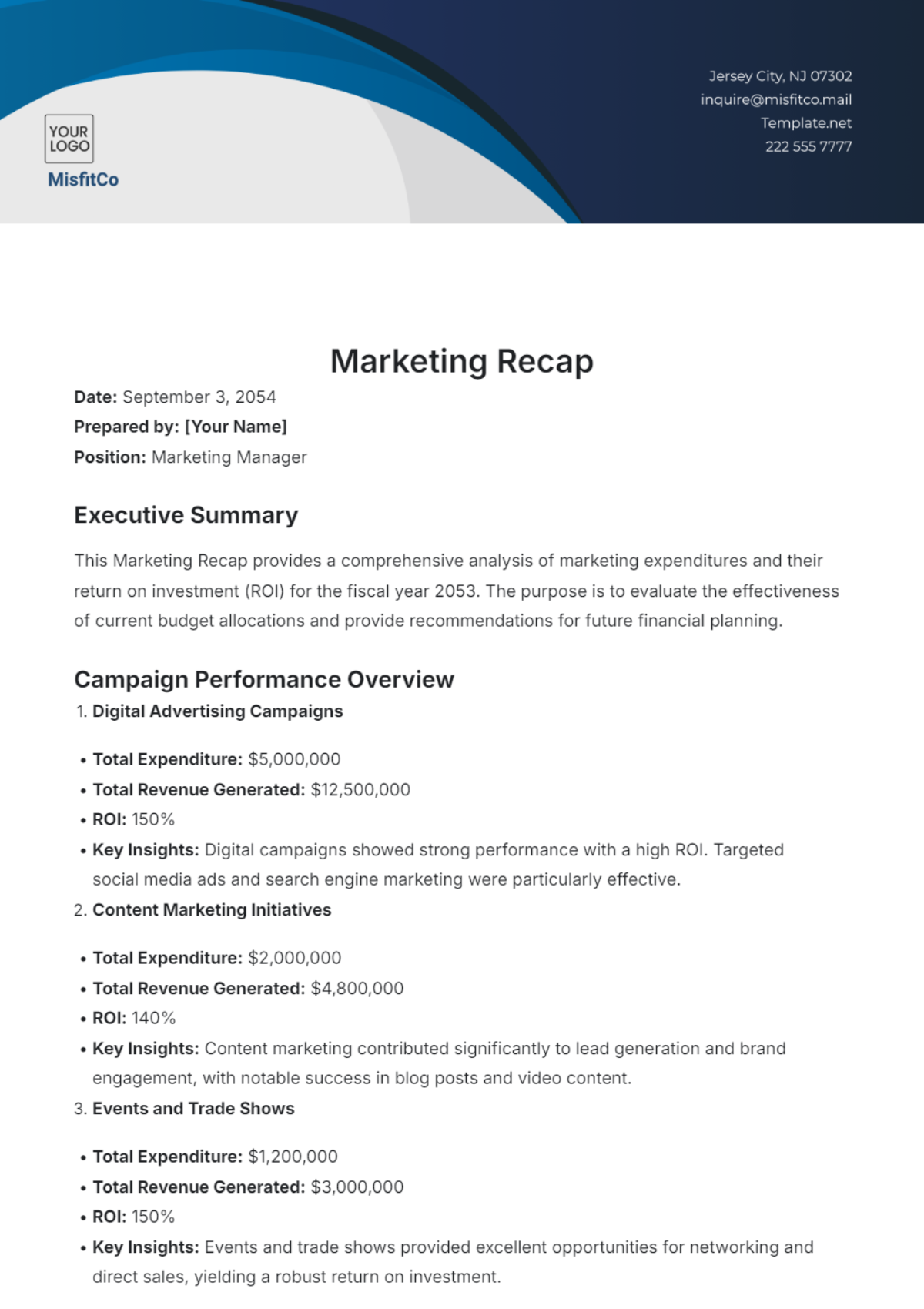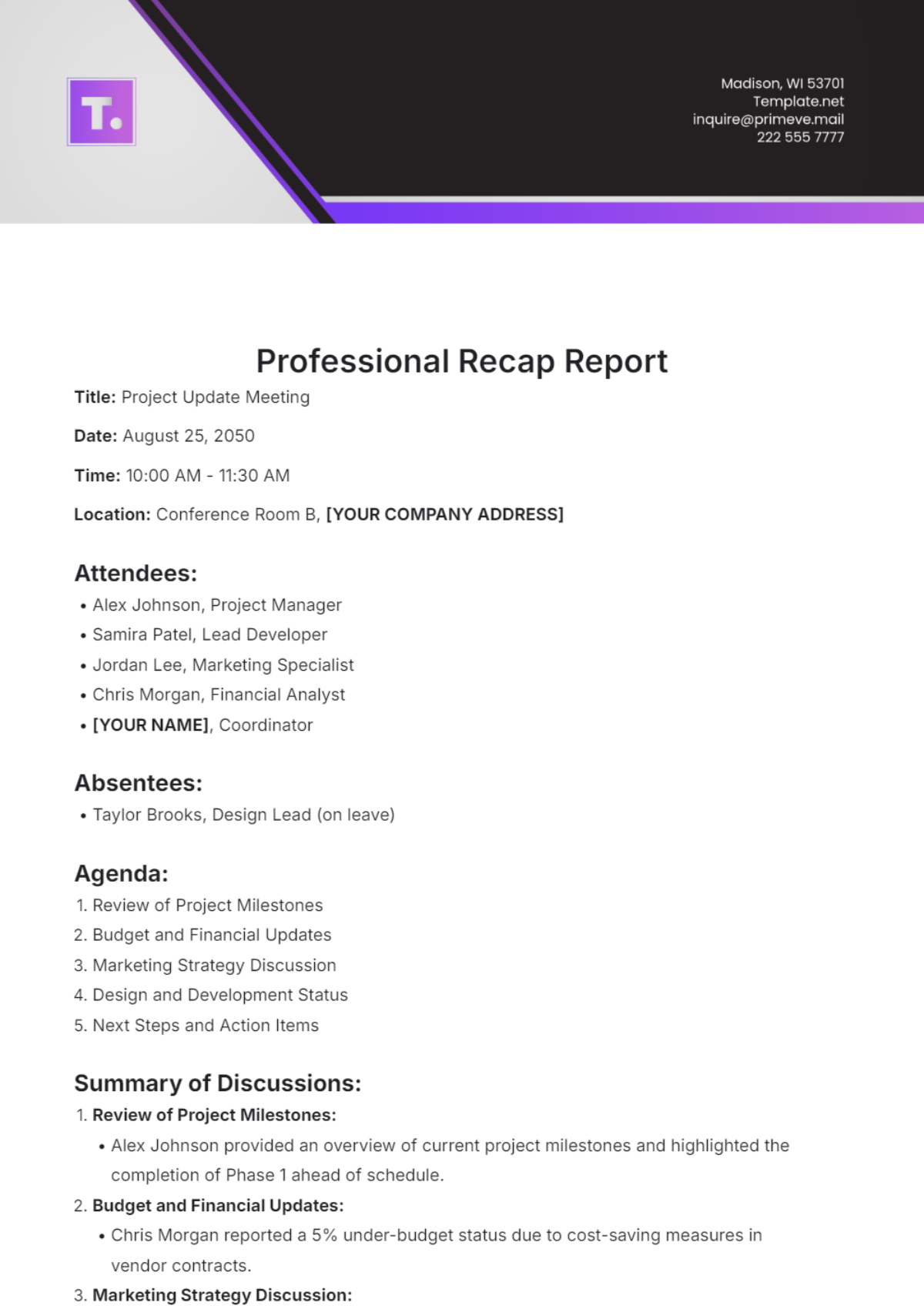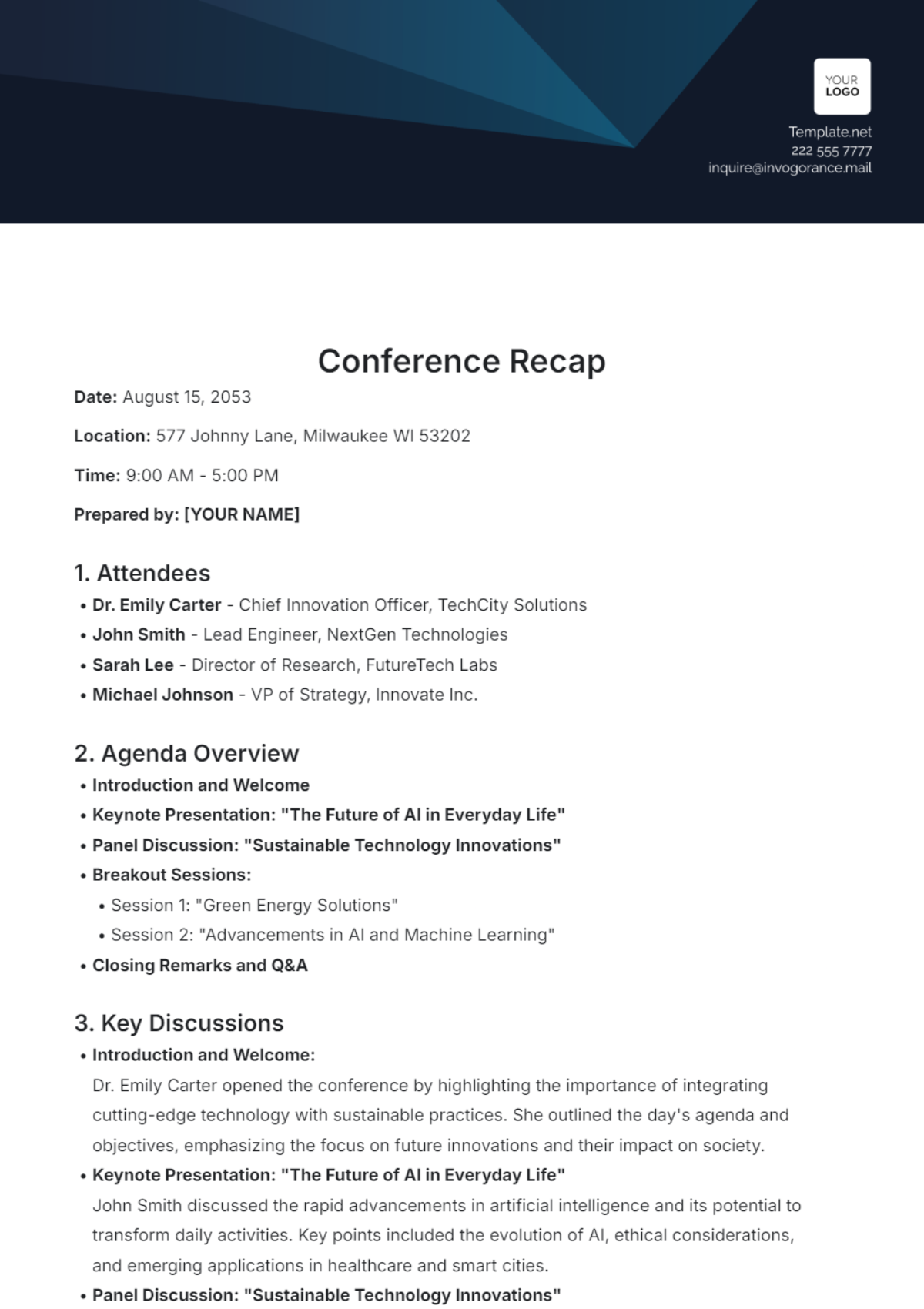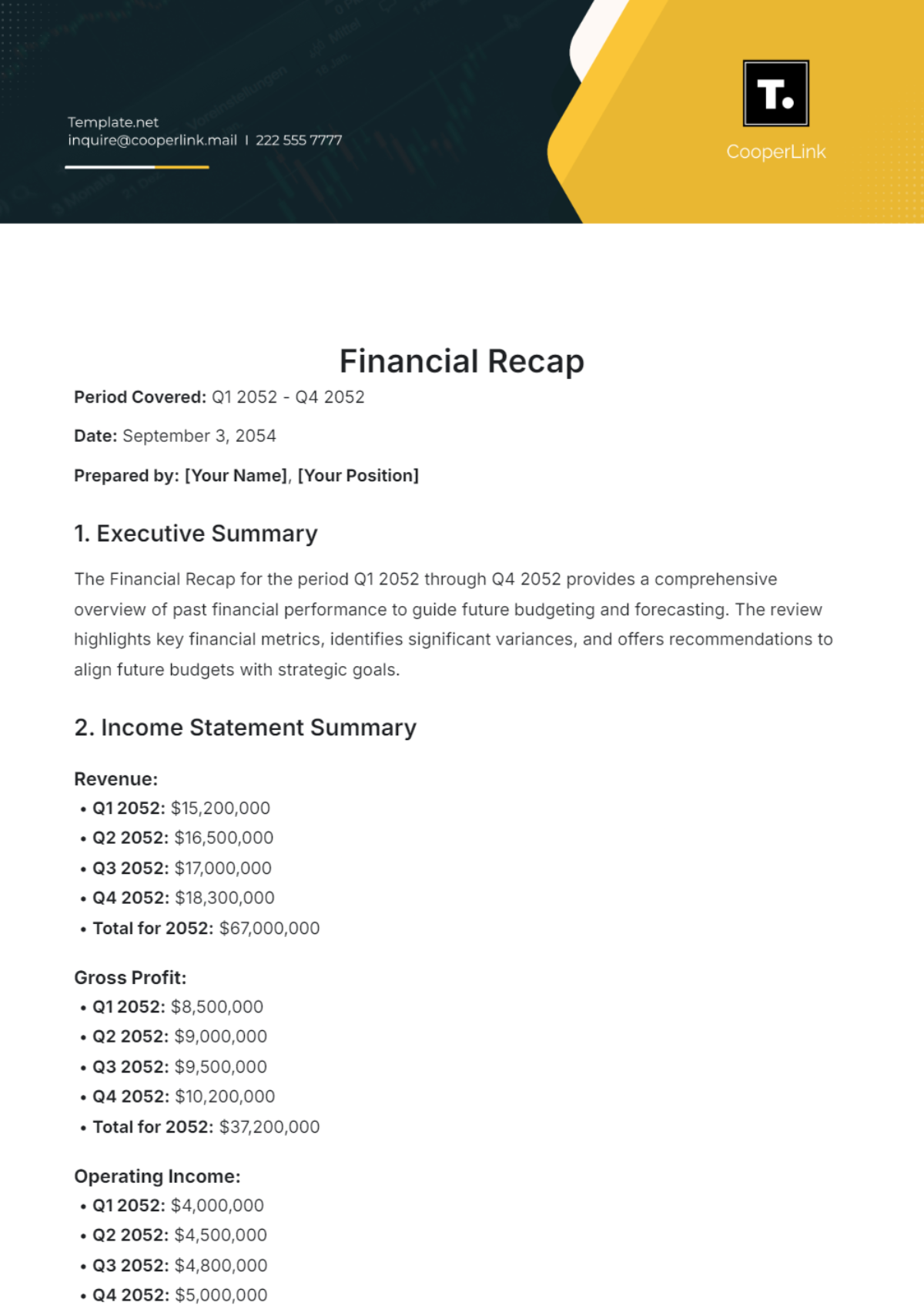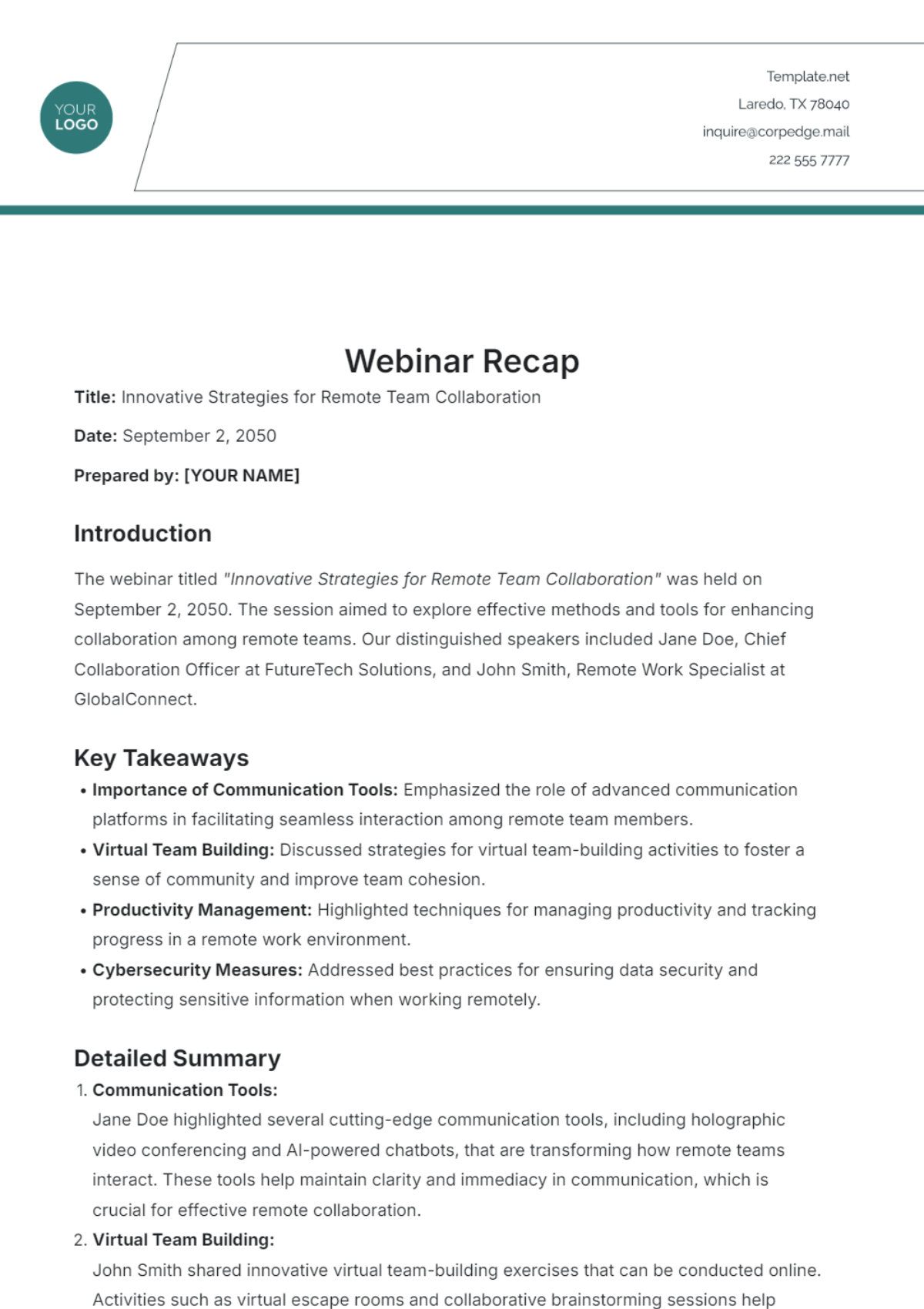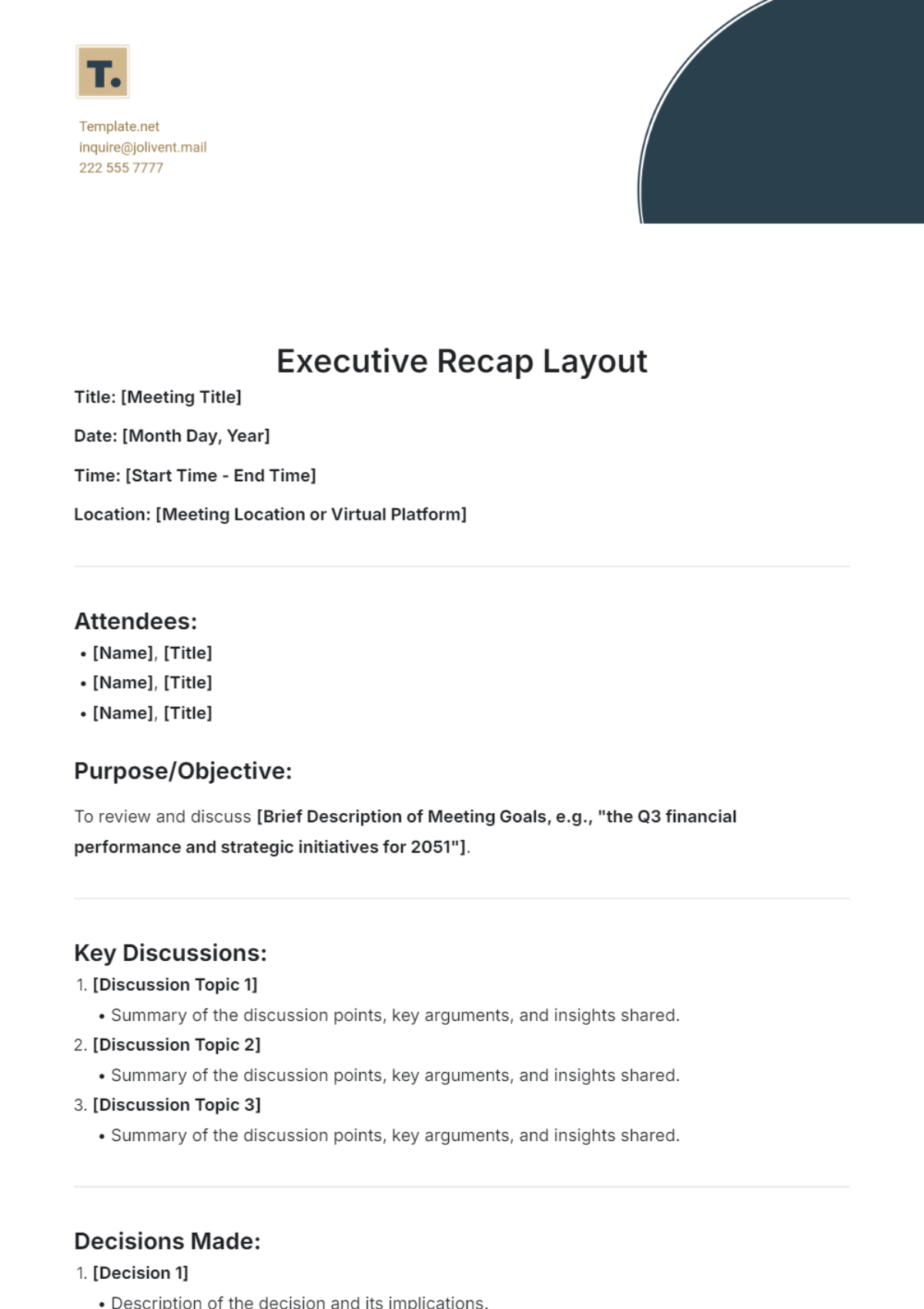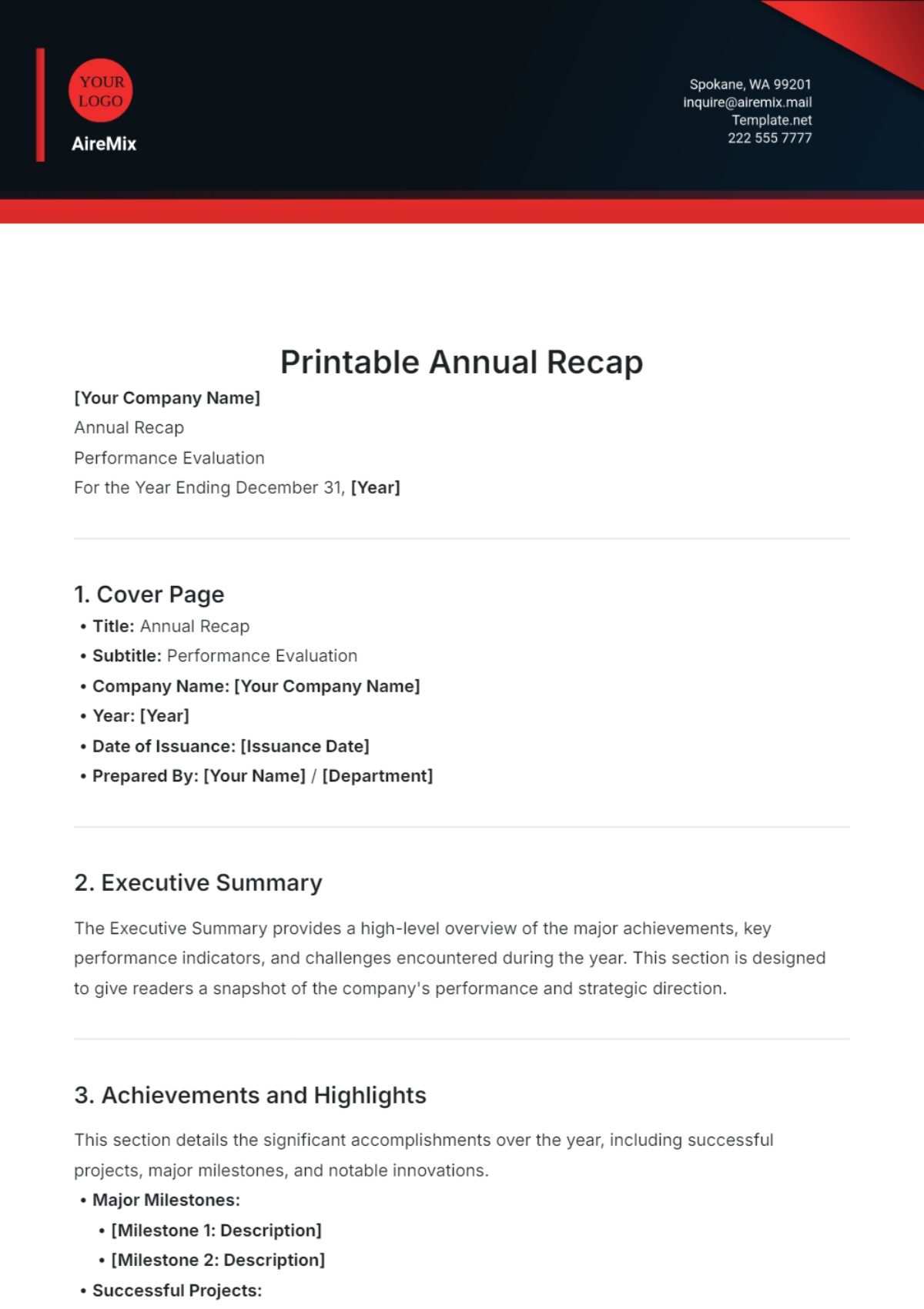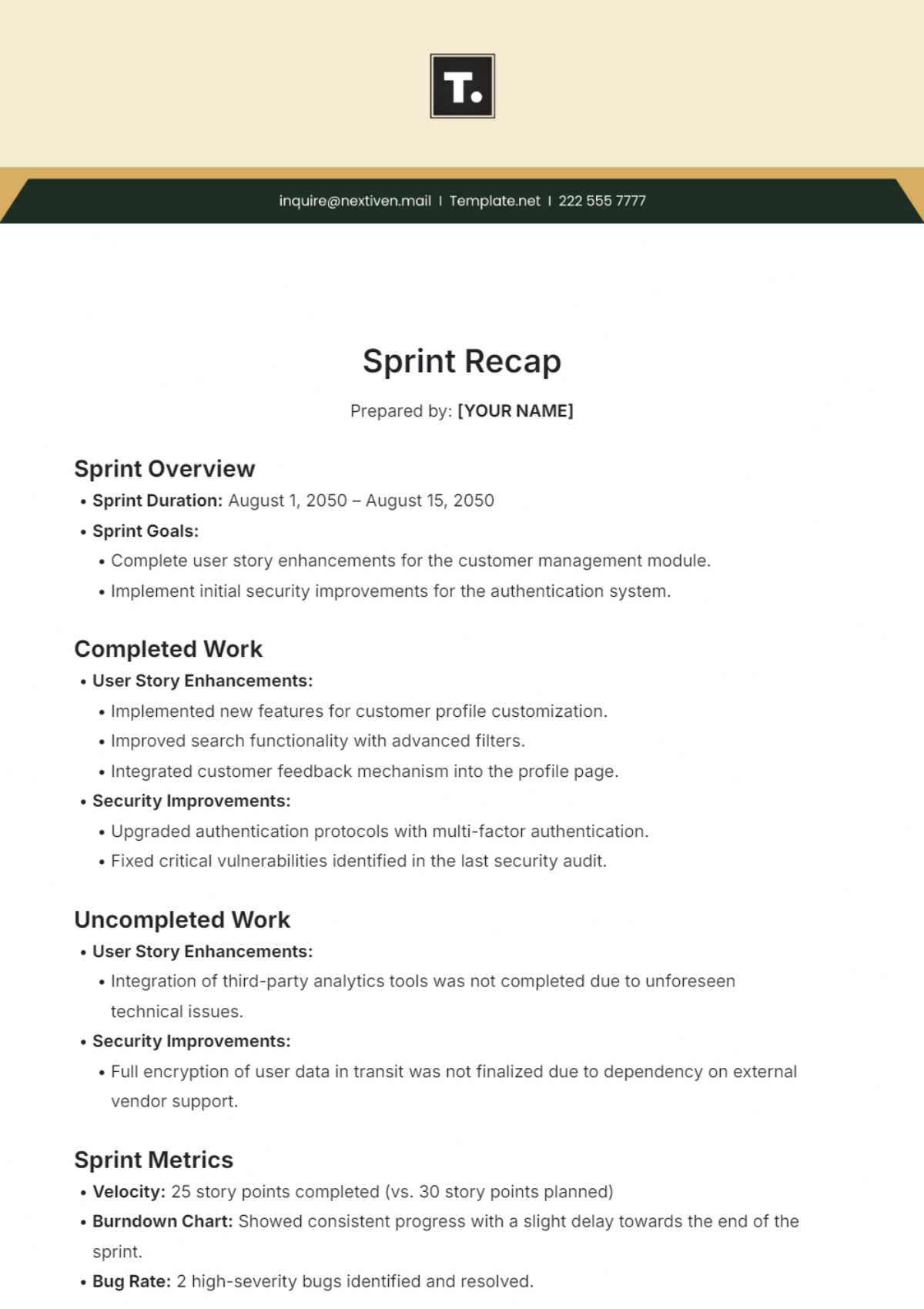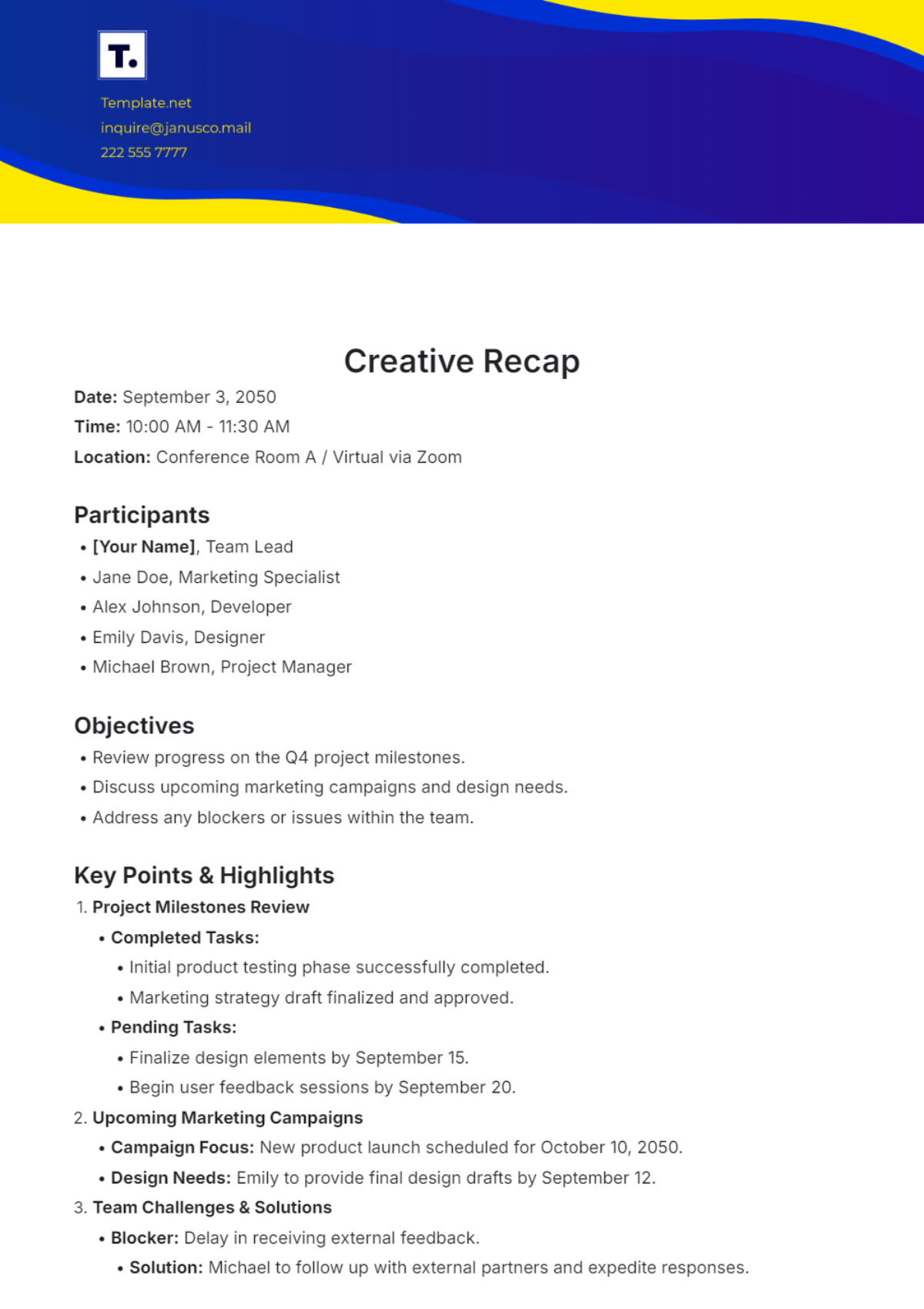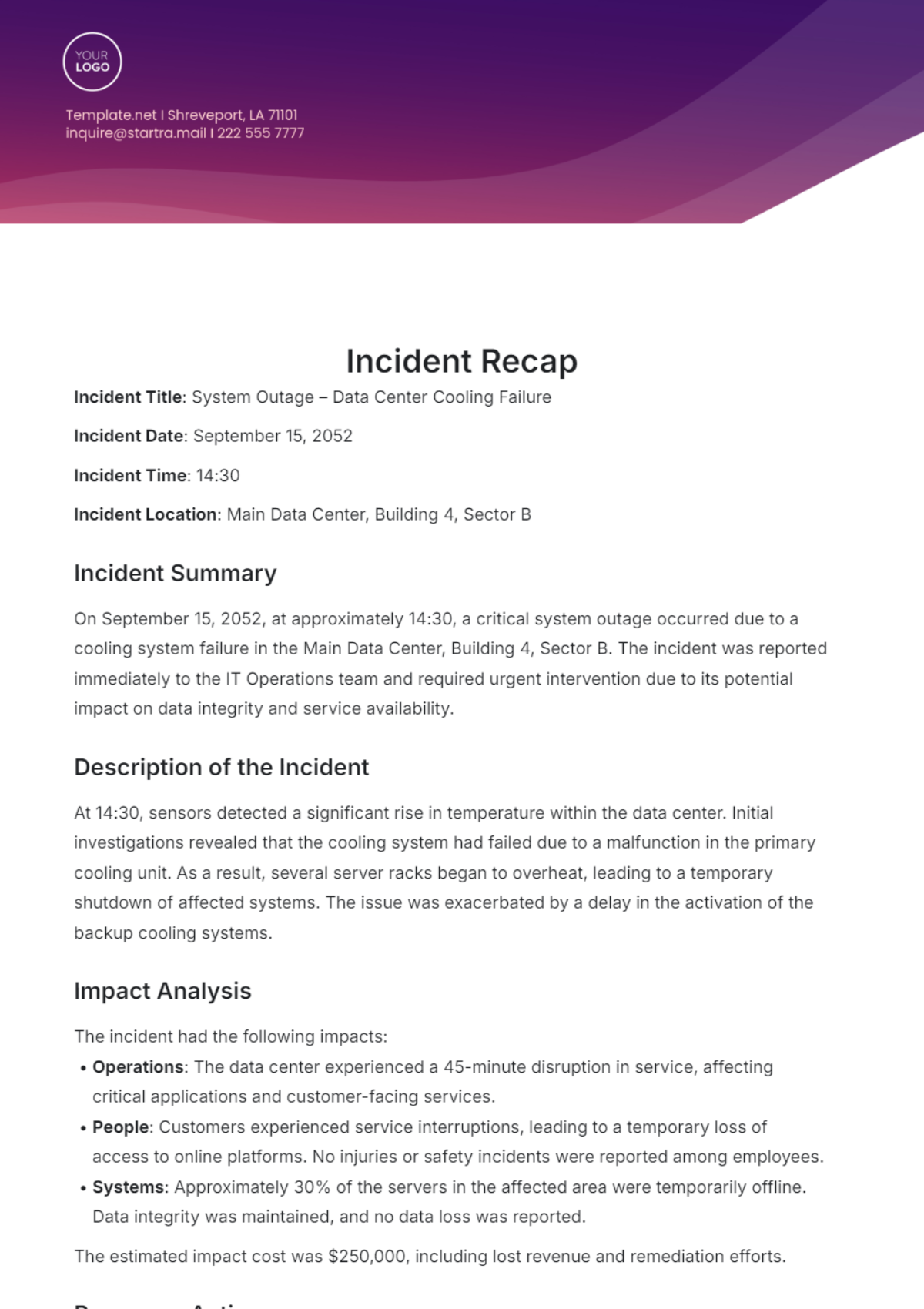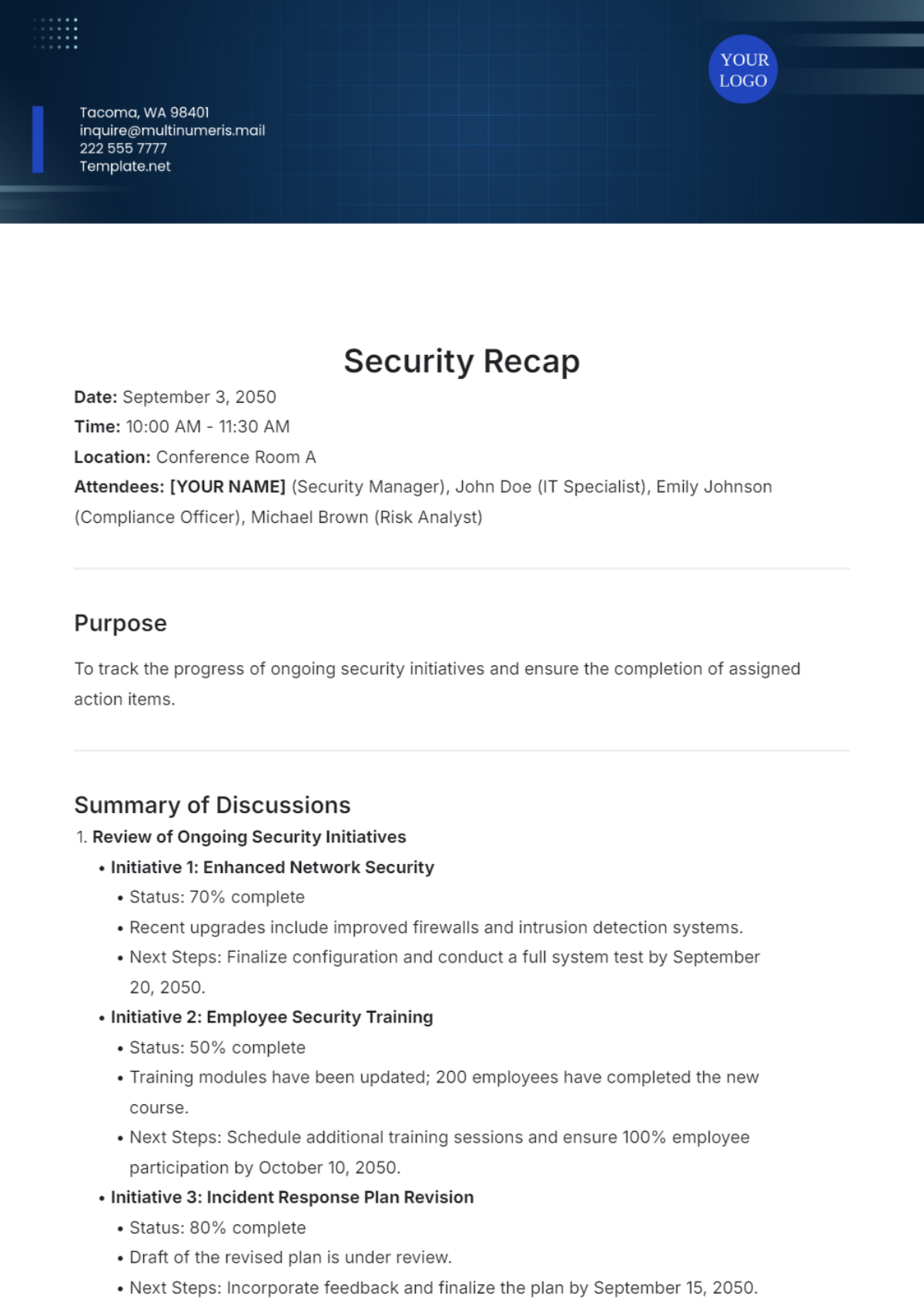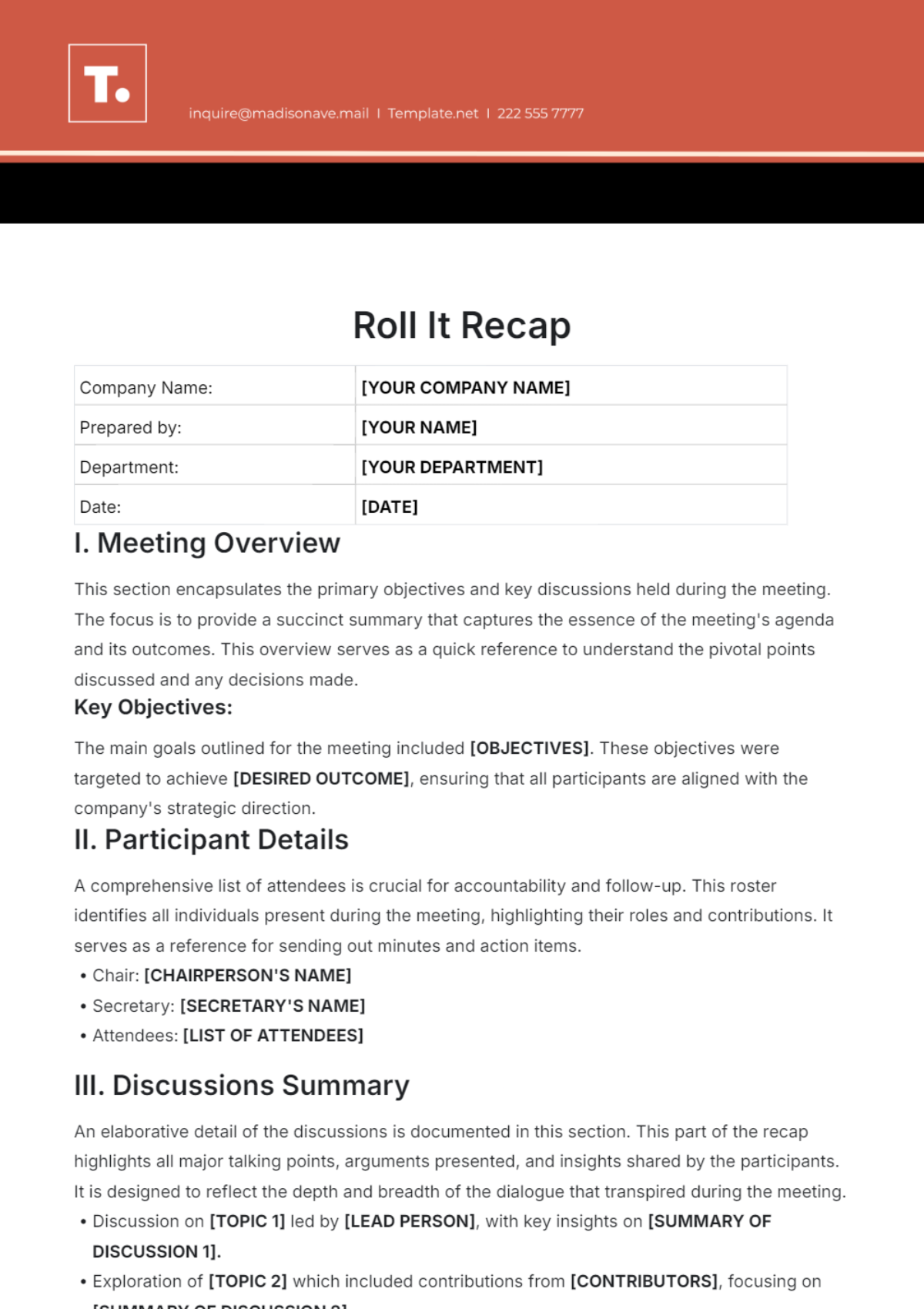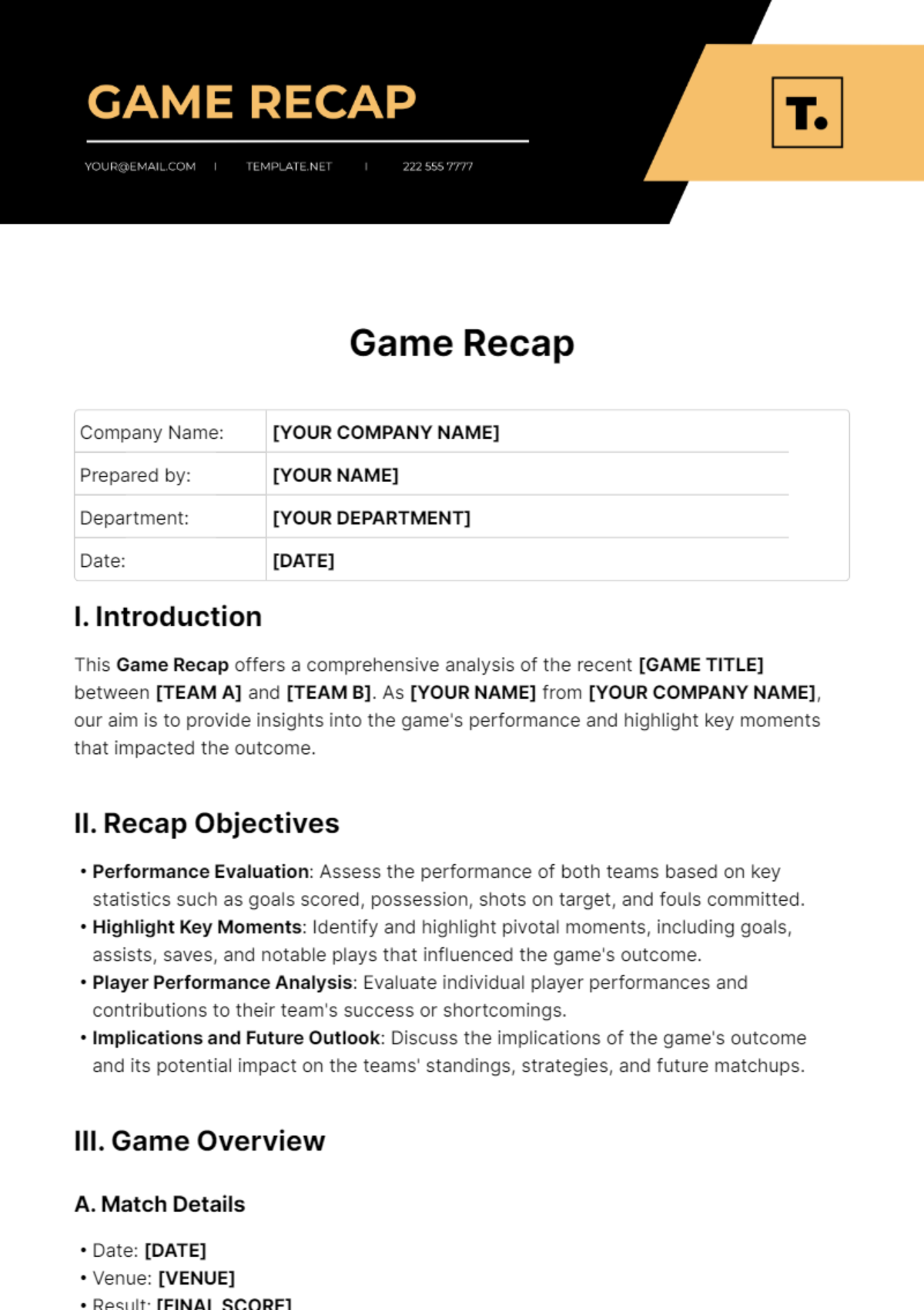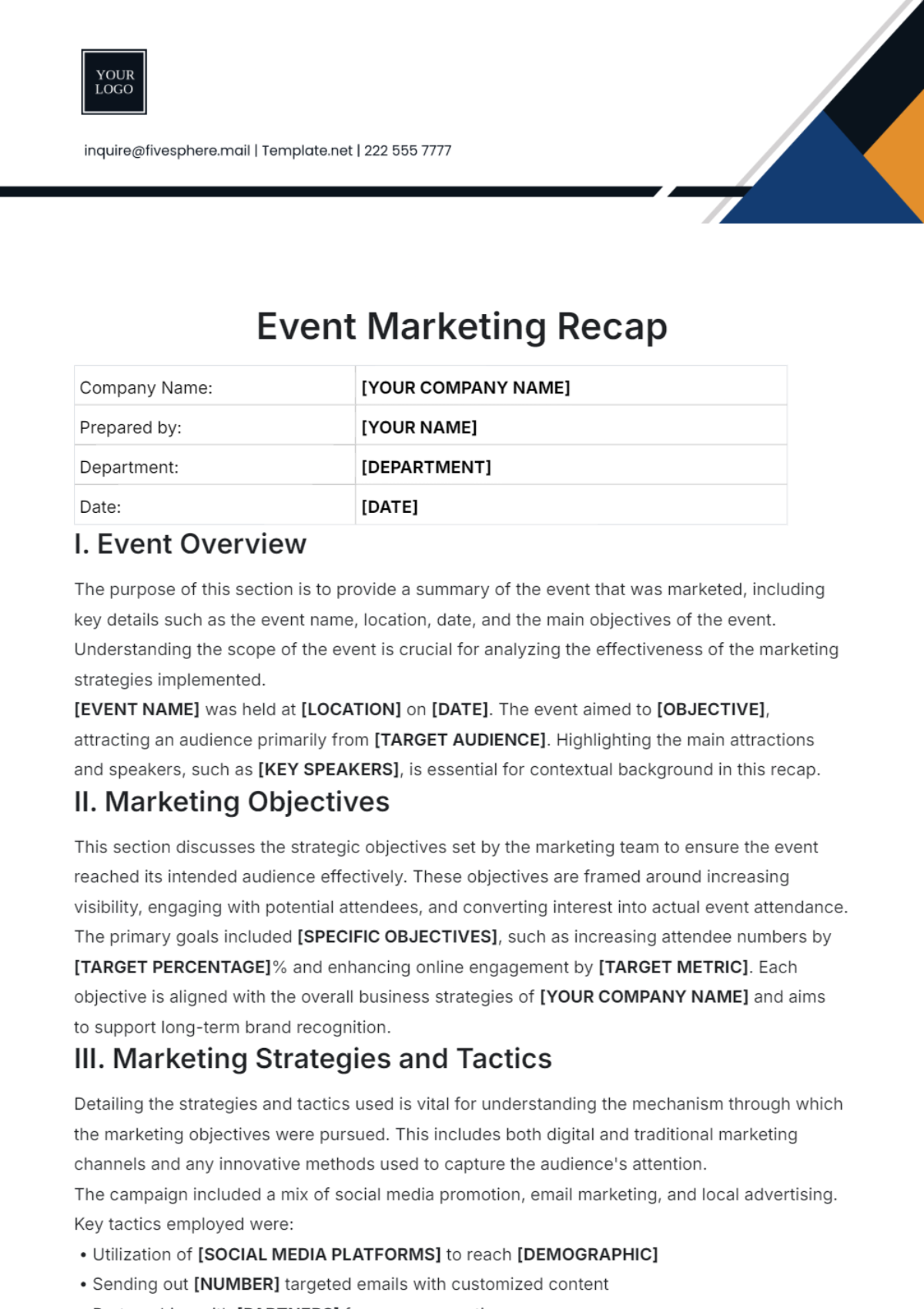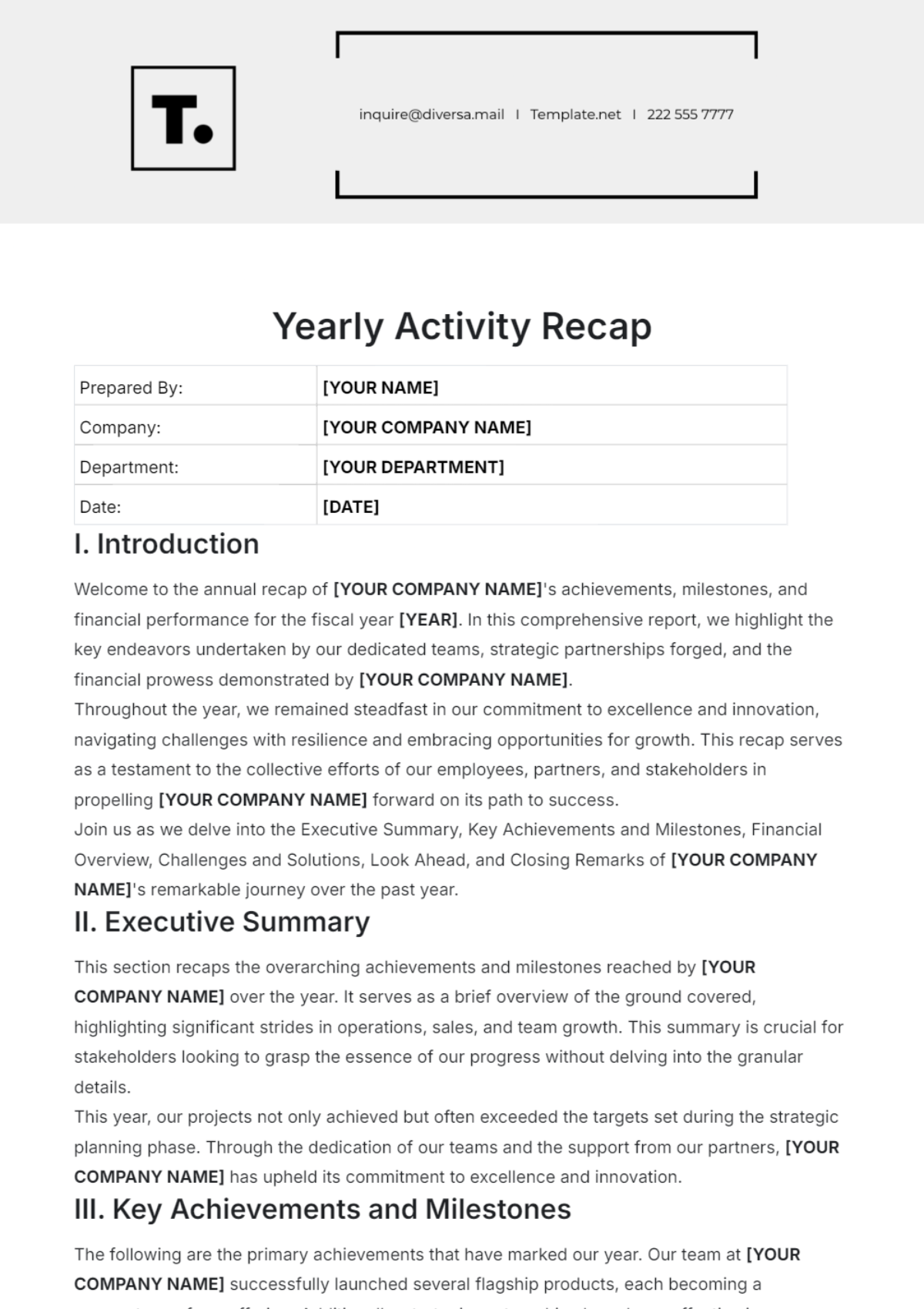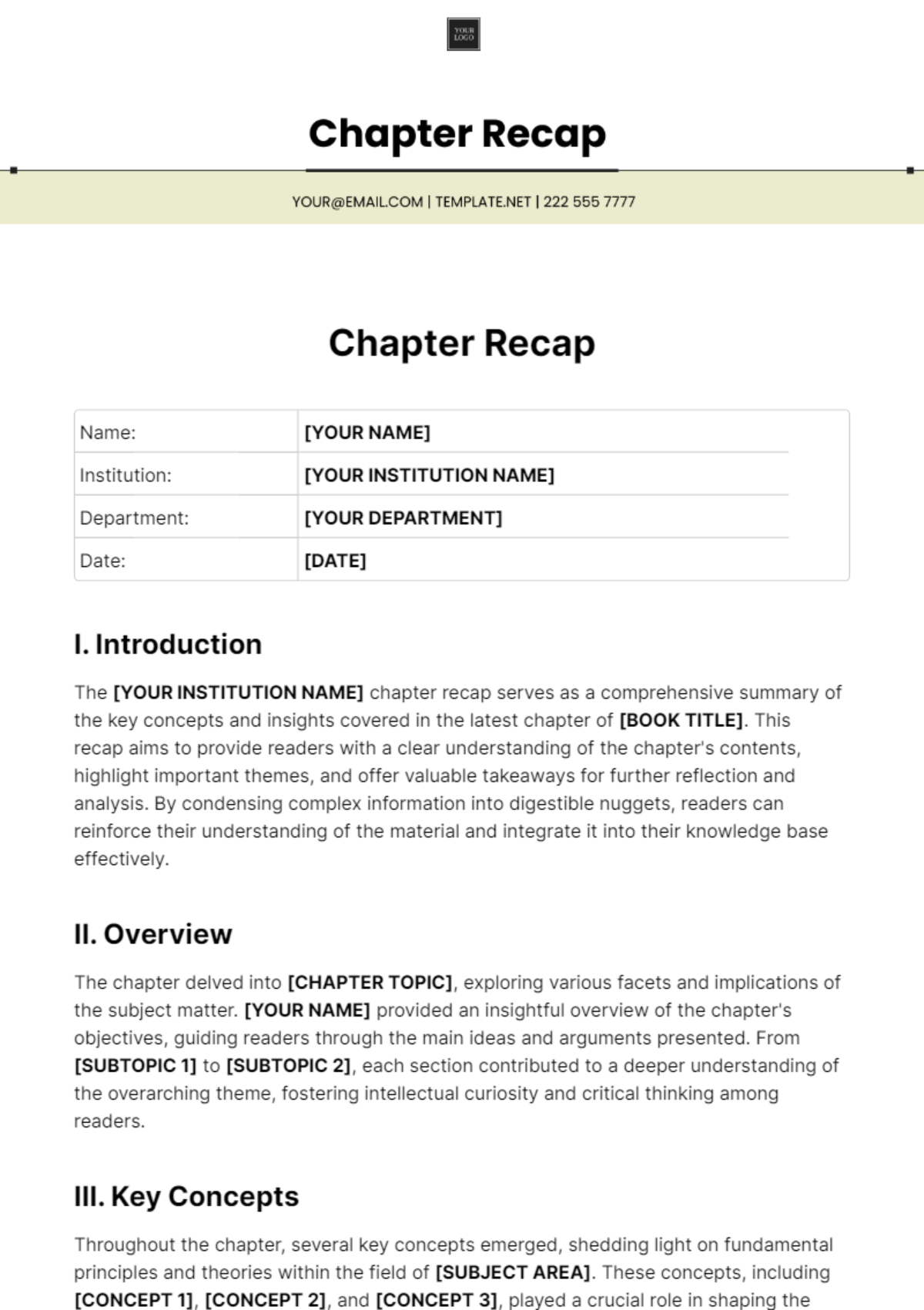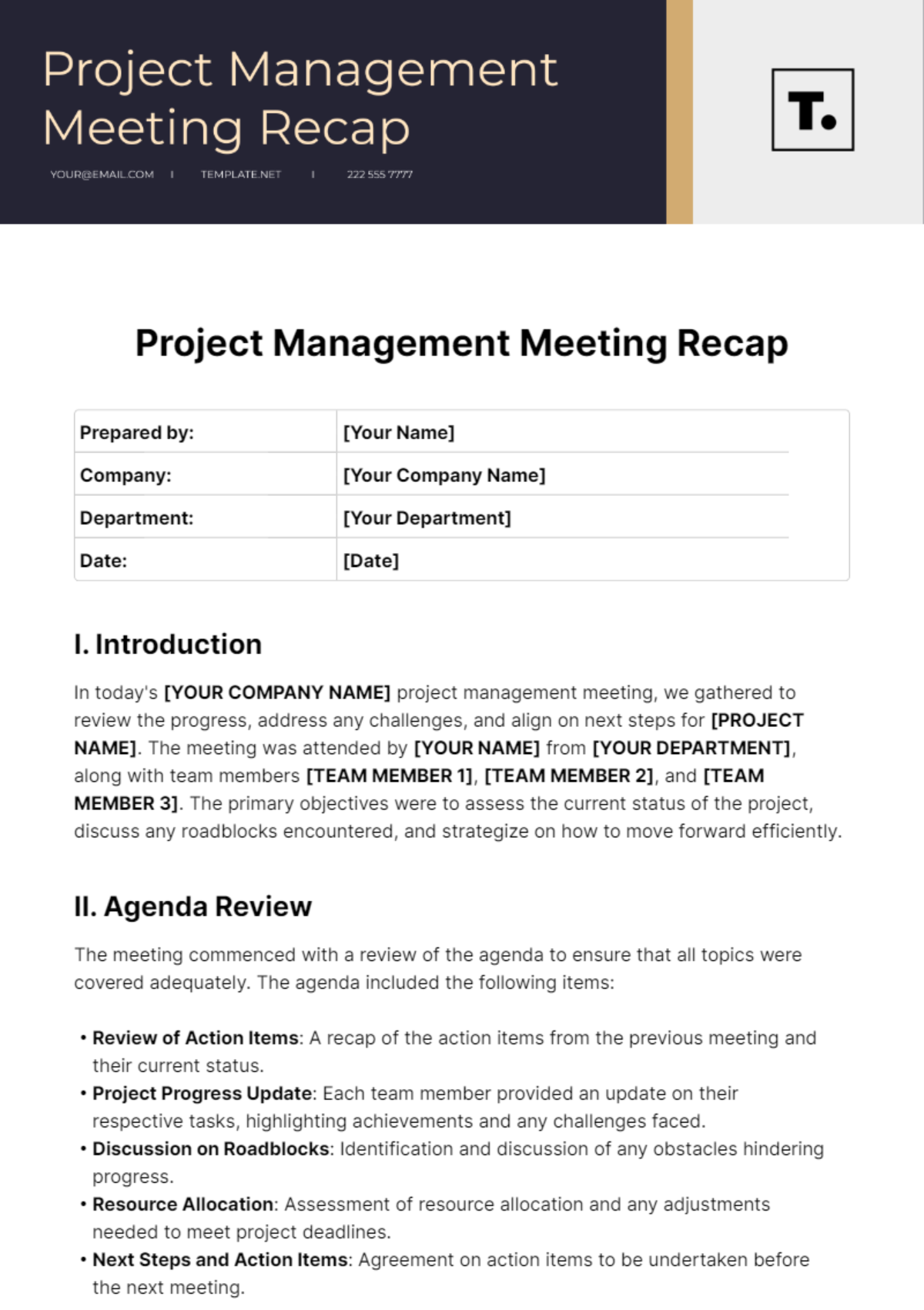Free Incident Recap Template
Incident Recap
Incident Title: System Outage – Data Center Cooling Failure
Incident Date: September 15, 2052
Incident Time: 14:30
Incident Location: Main Data Center, Building 4, Sector B
Incident Summary
On September 15, 2052, at approximately 14:30, a critical system outage occurred due to a cooling system failure in the Main Data Center, Building 4, Sector B. The incident was reported immediately to the IT Operations team and required urgent intervention due to its potential impact on data integrity and service availability.
Description of the Incident
At 14:30, sensors detected a significant rise in temperature within the data center. Initial investigations revealed that the cooling system had failed due to a malfunction in the primary cooling unit. As a result, several server racks began to overheat, leading to a temporary shutdown of affected systems. The issue was exacerbated by a delay in the activation of the backup cooling systems.
Impact Analysis
The incident had the following impacts:
Operations: The data center experienced a 45-minute disruption in service, affecting critical applications and customer-facing services.
People: Customers experienced service interruptions, leading to a temporary loss of access to online platforms. No injuries or safety incidents were reported among employees.
Systems: Approximately 30% of the servers in the affected area were temporarily offline. Data integrity was maintained, and no data loss was reported.
The estimated impact cost was $250,000, including lost revenue and remediation efforts.
Response Actions
The initial response involved:
Immediate activation of backup cooling systems at 14:35.
Manual intervention by the IT Operations team to stabilize the affected servers at 14:40.
Notification to key stakeholders and customers at 14:50, providing updates on the situation and expected resolution time.
The incident was resolved by 15:15, with systems fully restored and operating normally.
Resolution
The incident was resolved by replacing the malfunctioning cooling unit and reactivating the backup systems. Comprehensive system checks were conducted to ensure no further issues. As of 15:15, the data center returned to normal operations, with ongoing monitoring to prevent recurrence.
Root Cause Analysis
The root cause of the incident was identified as a failure in the primary cooling unit due to a defective temperature sensor. Contributing factors included:
Insufficient maintenance checks on the cooling systems.
Delay in backup system activation due to a configuration error.
An in-depth analysis confirmed that the defective sensor was a result of a manufacturing flaw, and maintenance protocols were found to be inadequate.
Lessons Learned
Key takeaways include:
Improved Maintenance Protocols: Regular and rigorous checks on cooling systems are essential.
Backup System Configuration: Ensure backup systems are correctly configured and tested periodically.
Sensor Quality Control: Implement stricter quality control measures for critical components.
These lessons will be integrated into updated operational procedures.
Recommendations
To prevent future incidents, the following recommendations are proposed:
Enhanced Maintenance Schedule: Develop and enforce a more comprehensive maintenance schedule for cooling systems.
Backup System Review: Conduct a thorough review and testing of backup systems to ensure reliable activation during emergencies.
Quality Assurance: Implement stricter quality checks for critical components such as temperature sensors.
The implementation of these recommendations will be overseen by the Facilities Management and IT Operations teams.
Attachments and Supporting Documents
Incident Timeline [link to detailed timeline or attach document]
Impact Assessment Report [link to impact report or attach document]
Root Cause Analysis Report [link to root cause analysis or attach document]
This Incident Recap provides a formal record of the System Outage – Data Center Cooling Failure and serves as a reference for future reporting and documentation needs. For any further inquiries or additional information, please contact John Doe, Incident Manager.
Prepared by: [YOUR NAME]
Position: Incident Manager
Date: September 20, 2052
